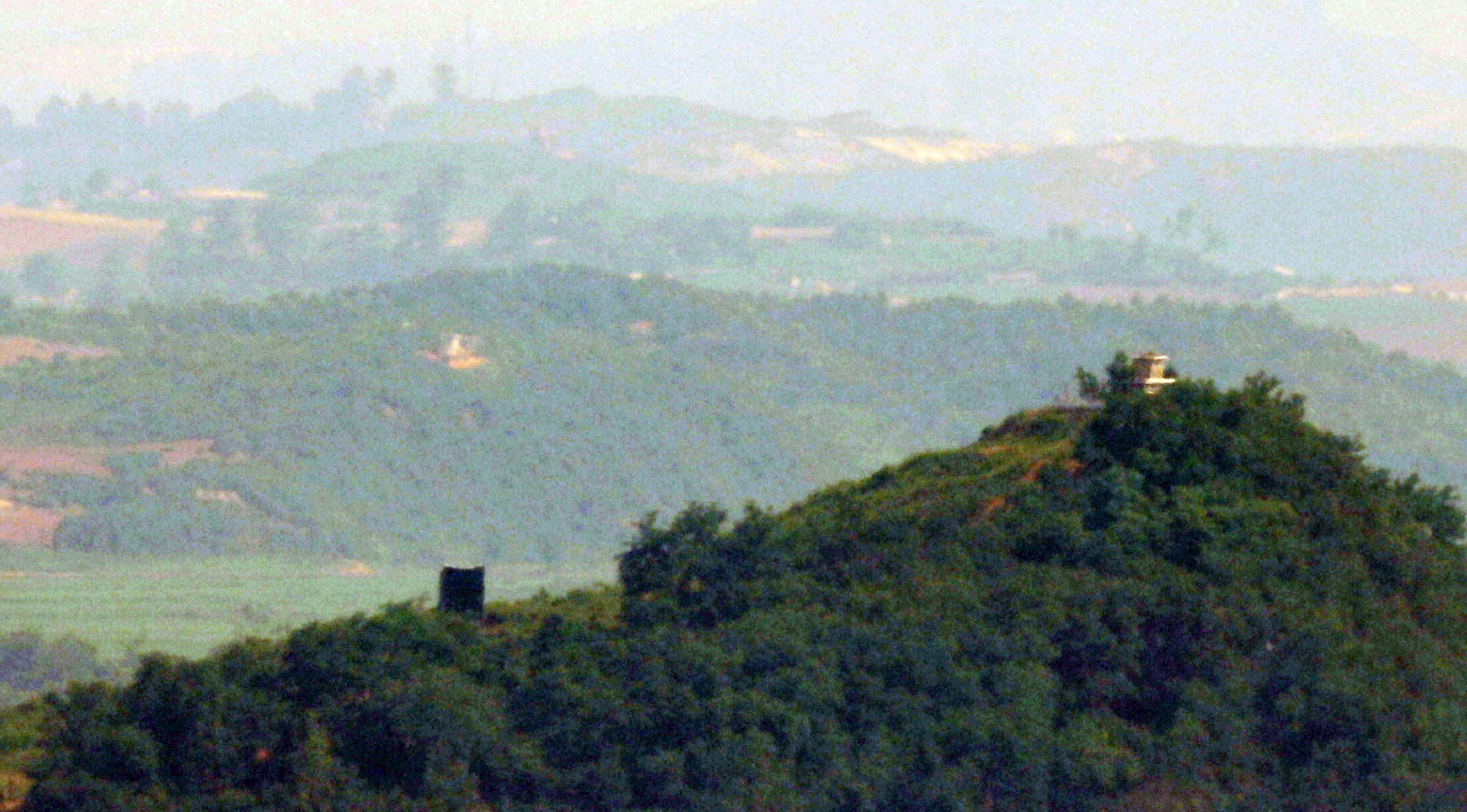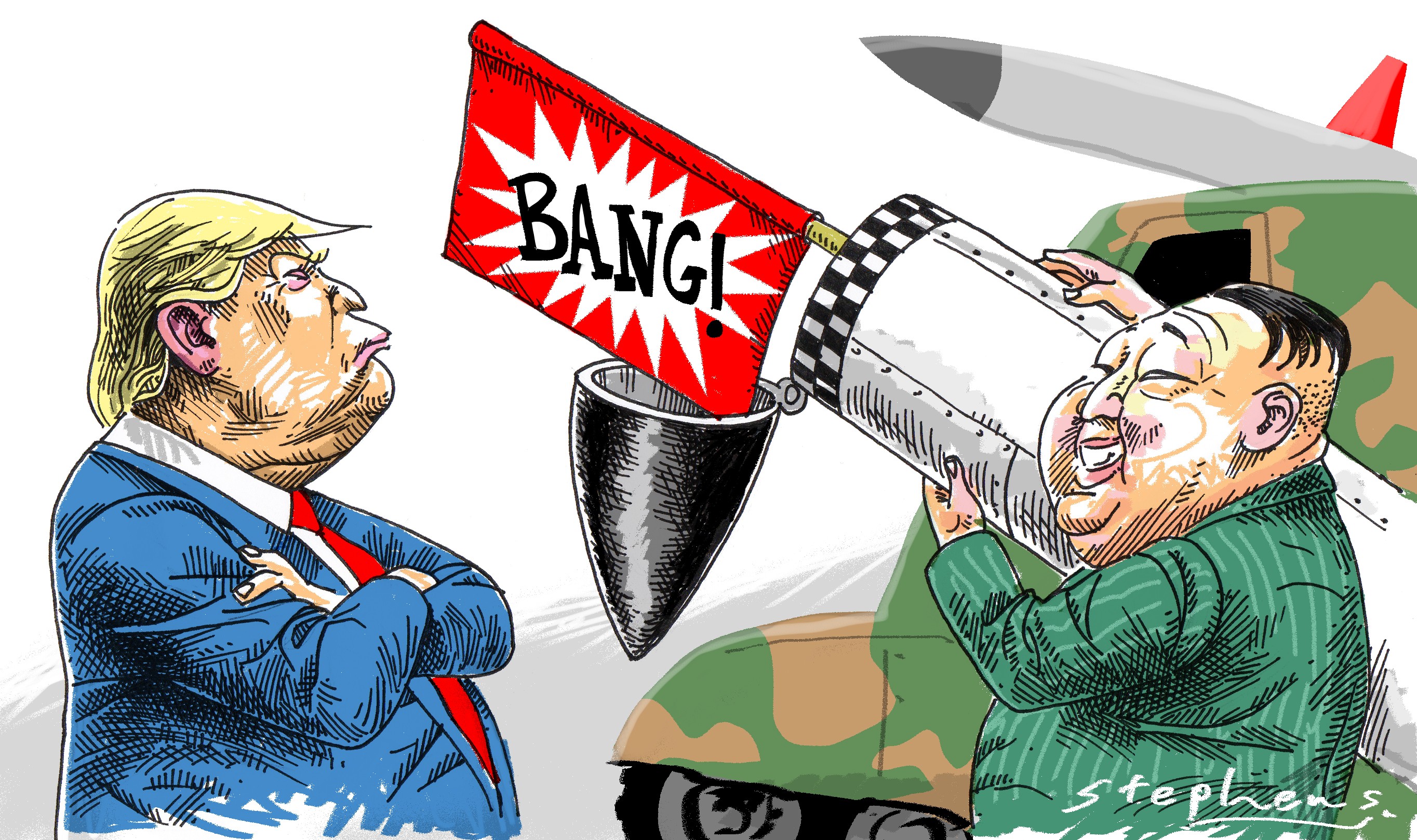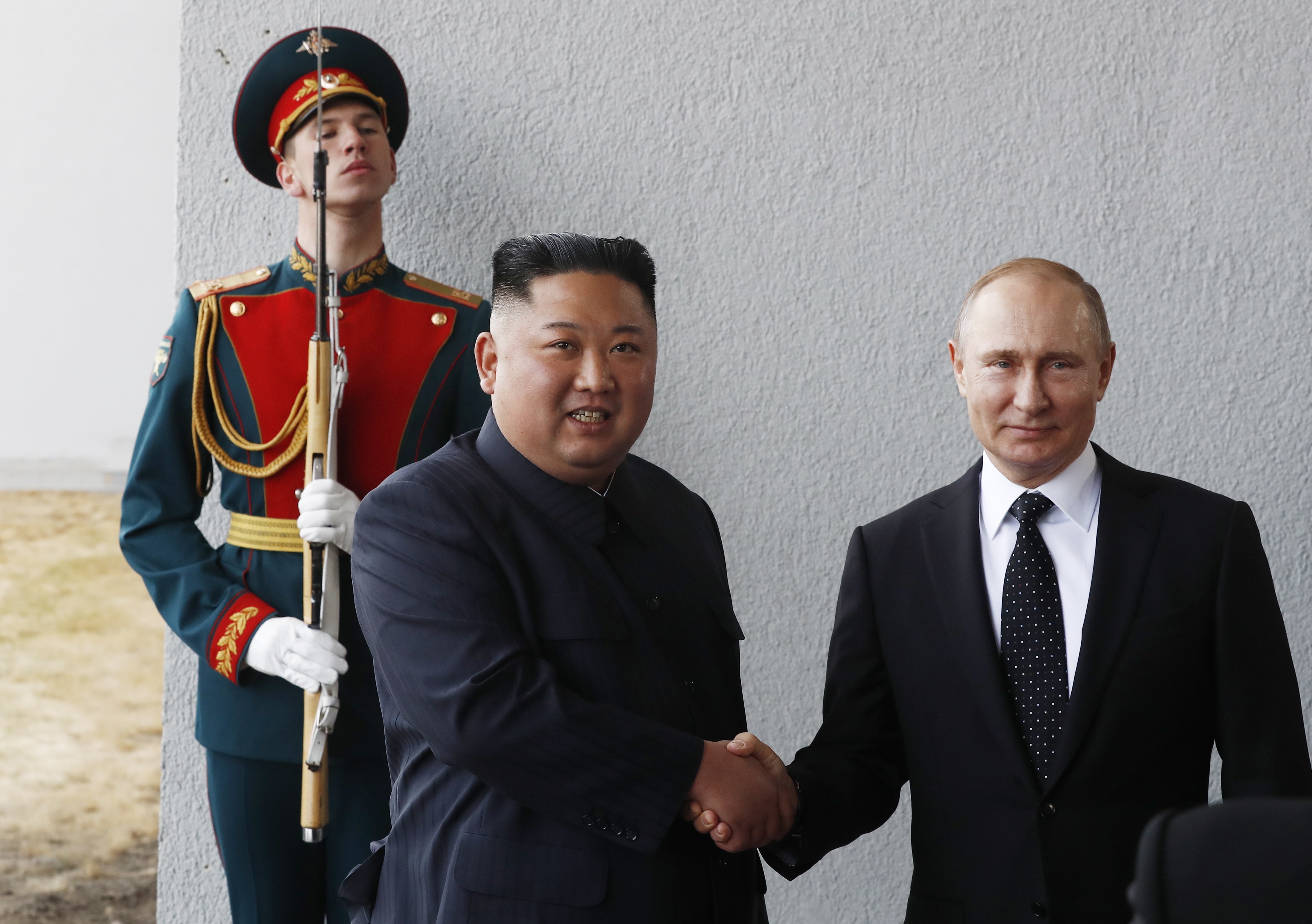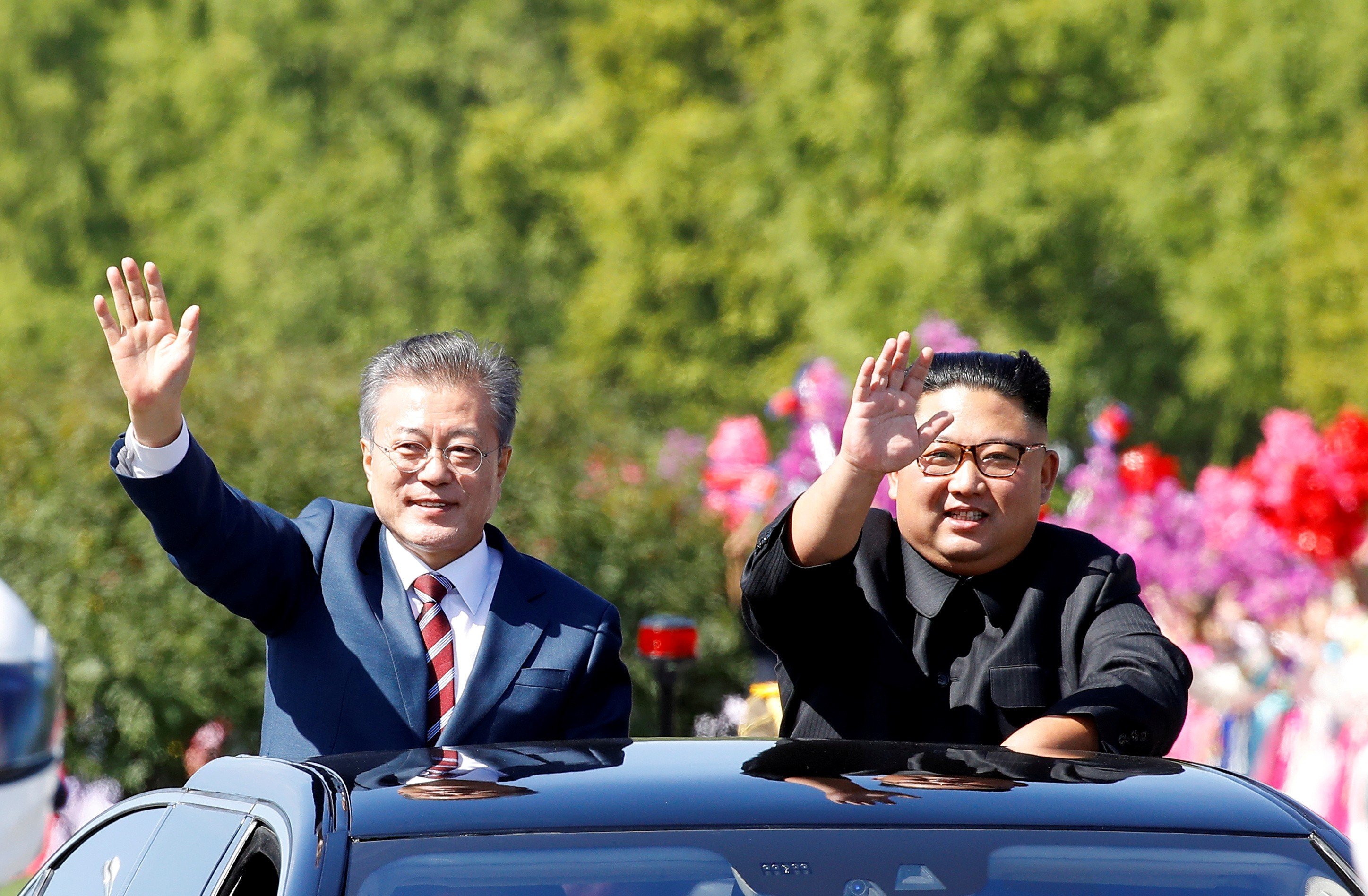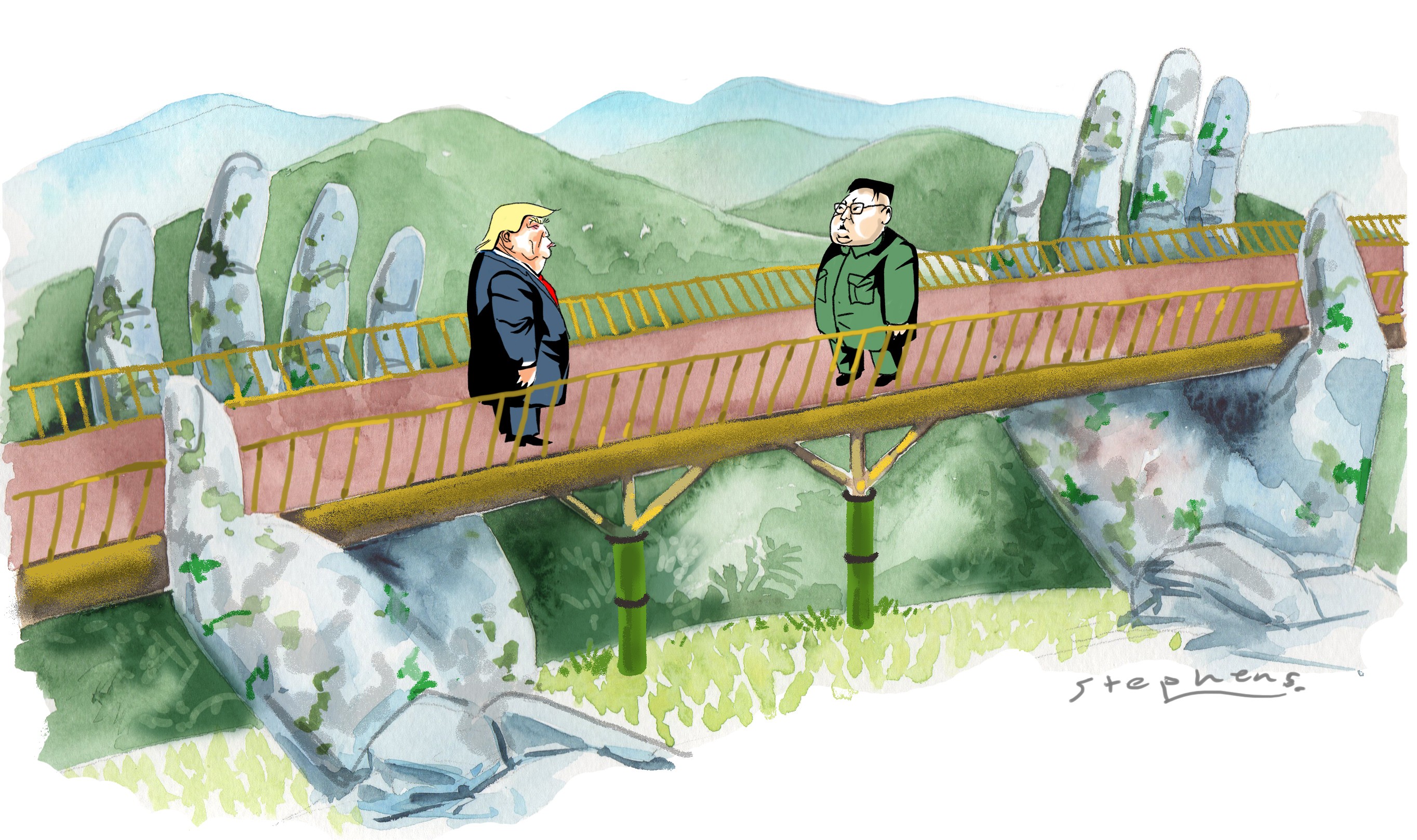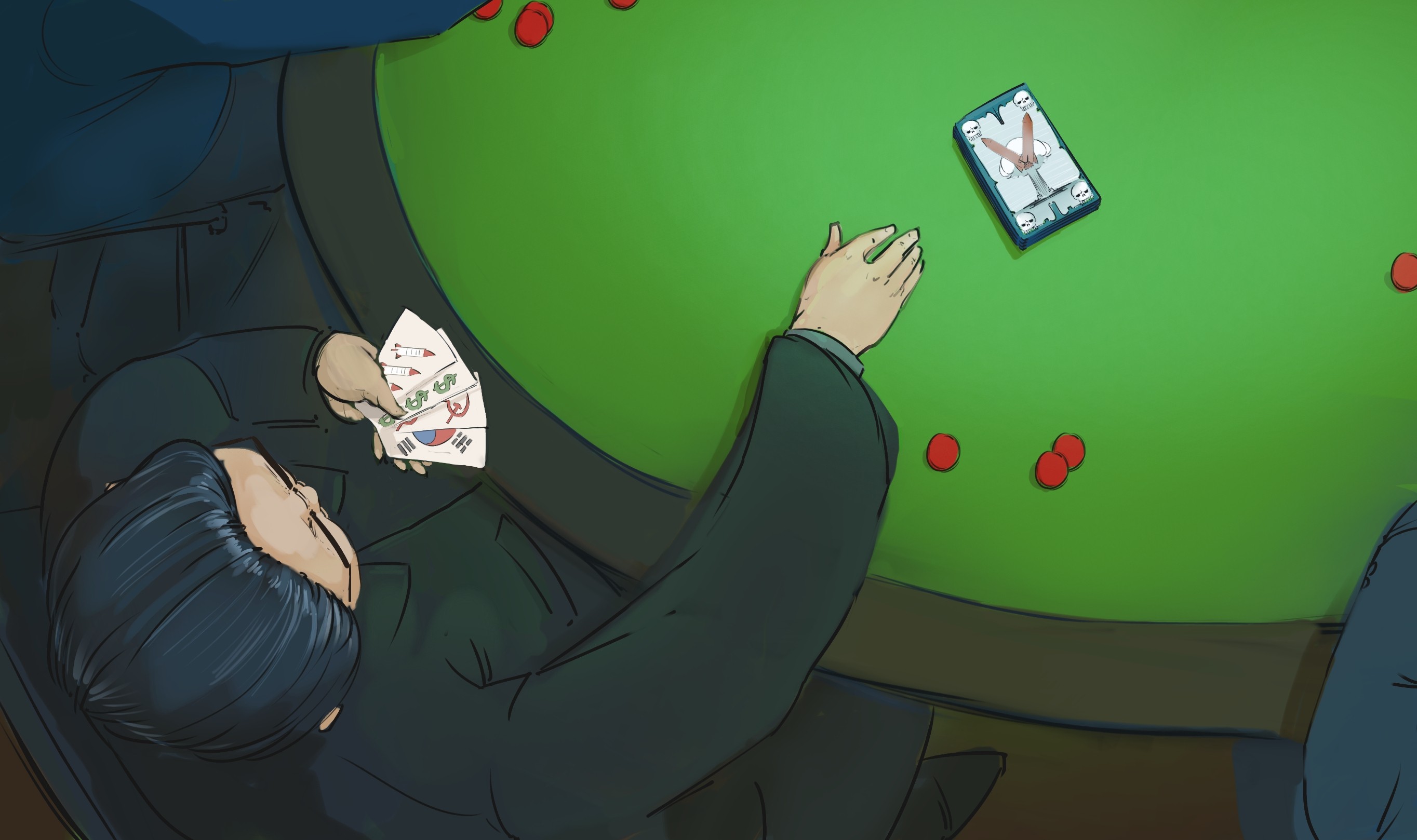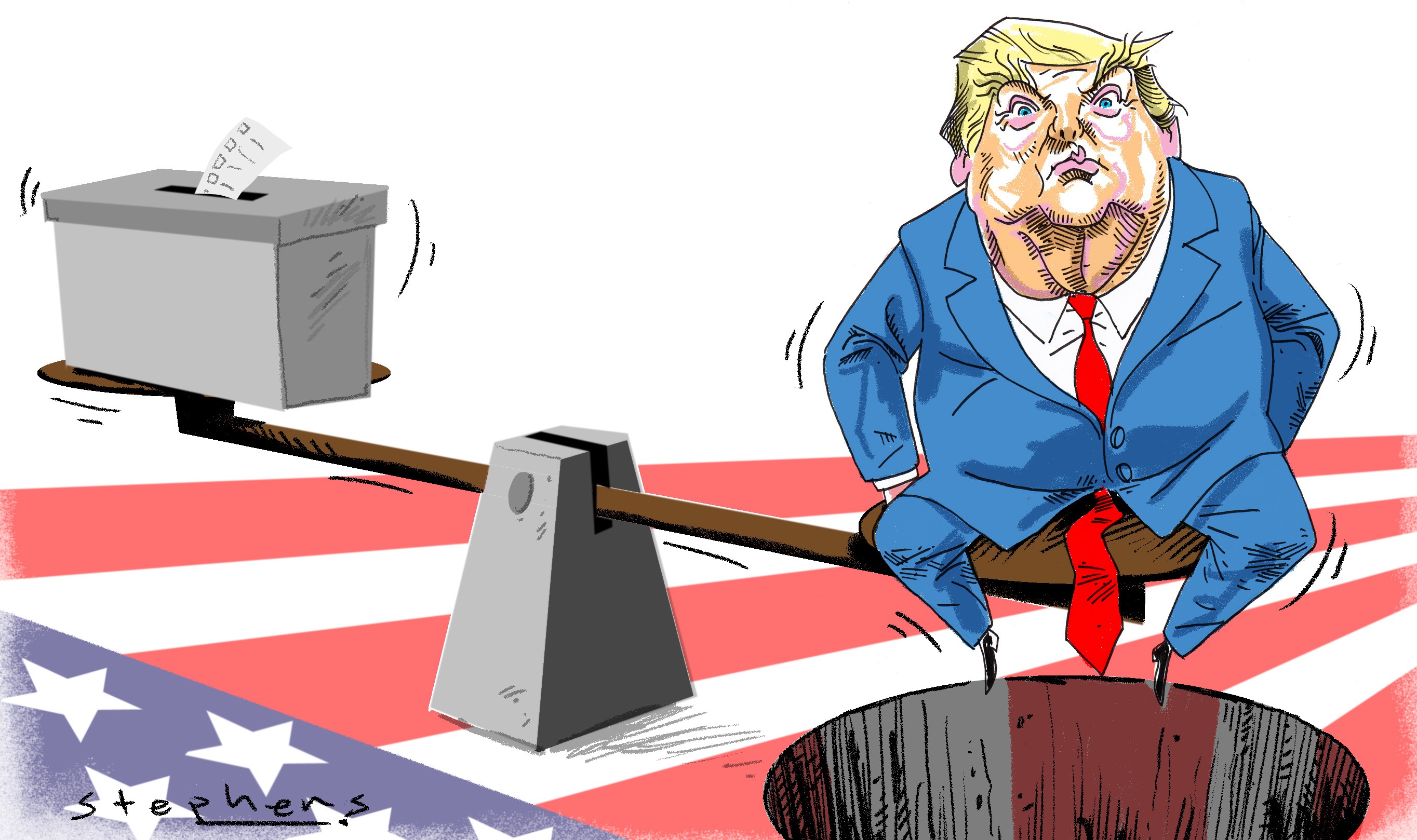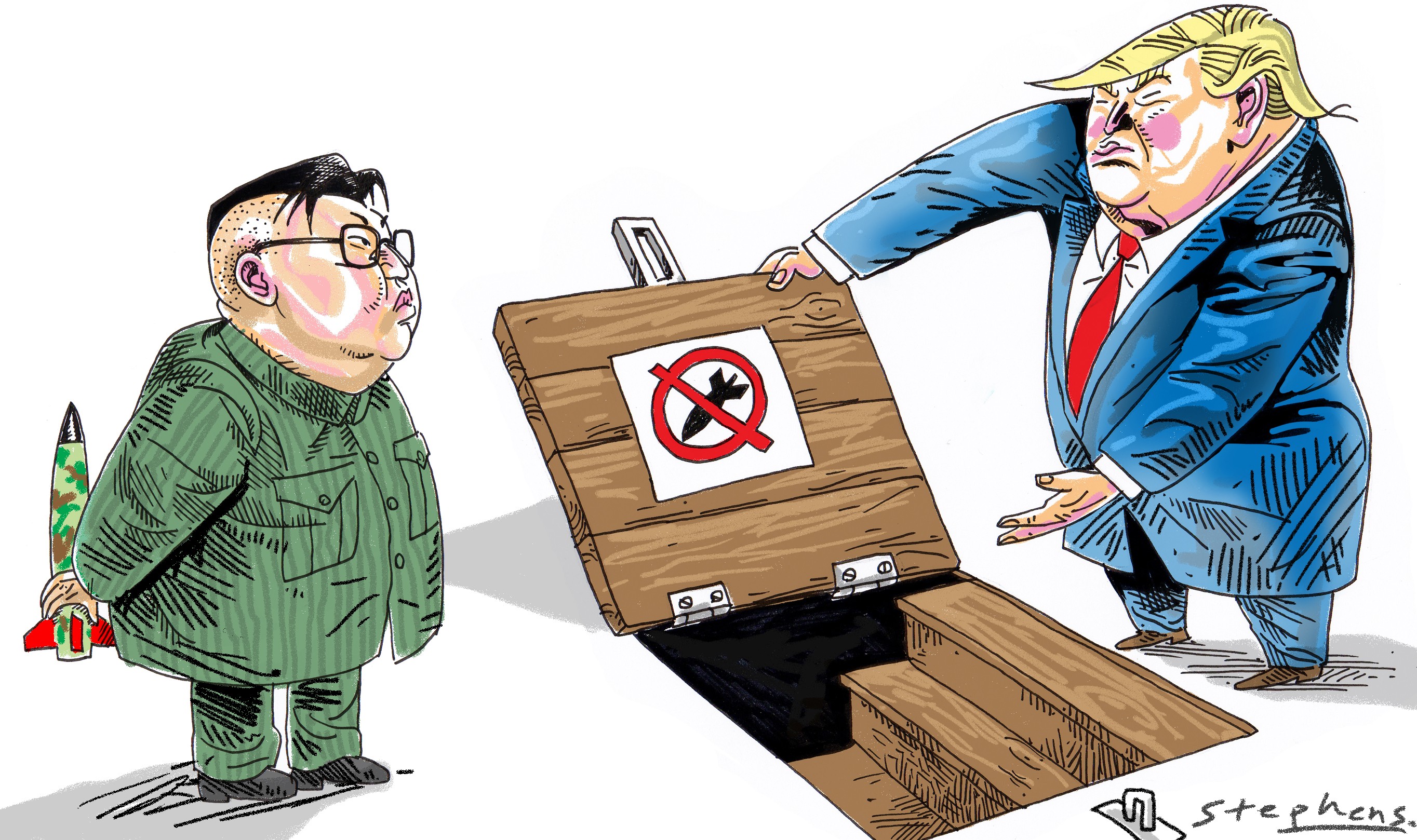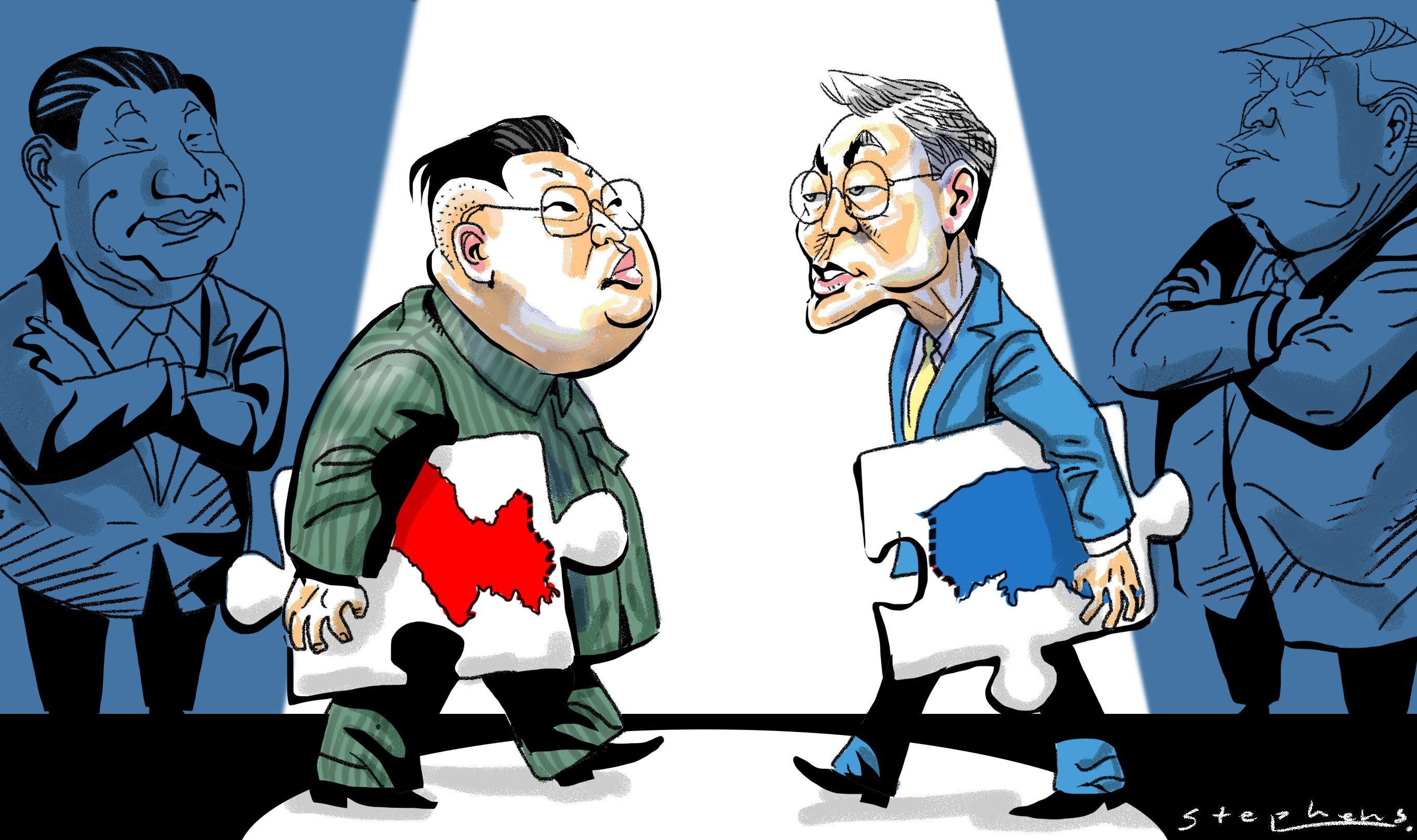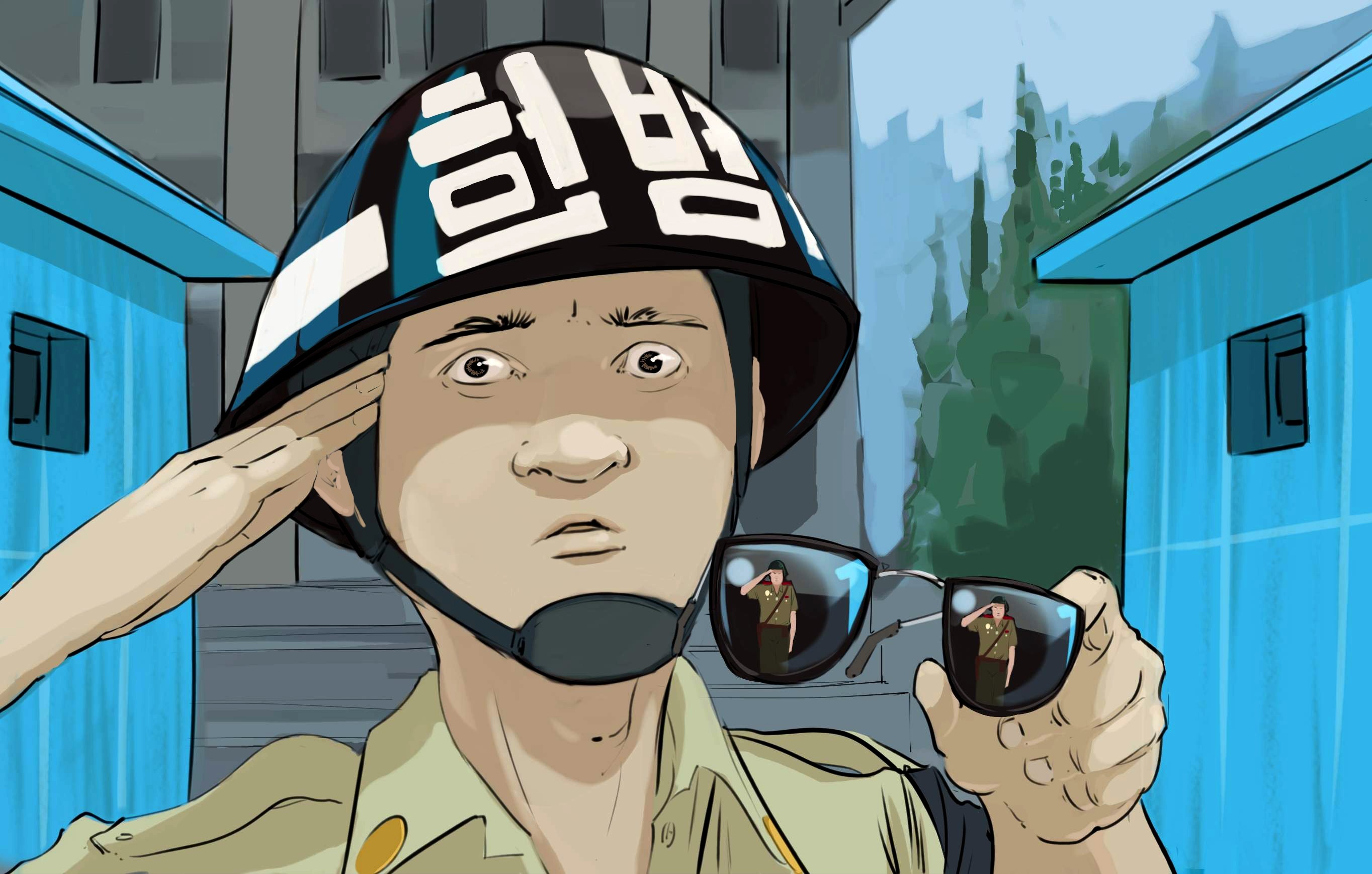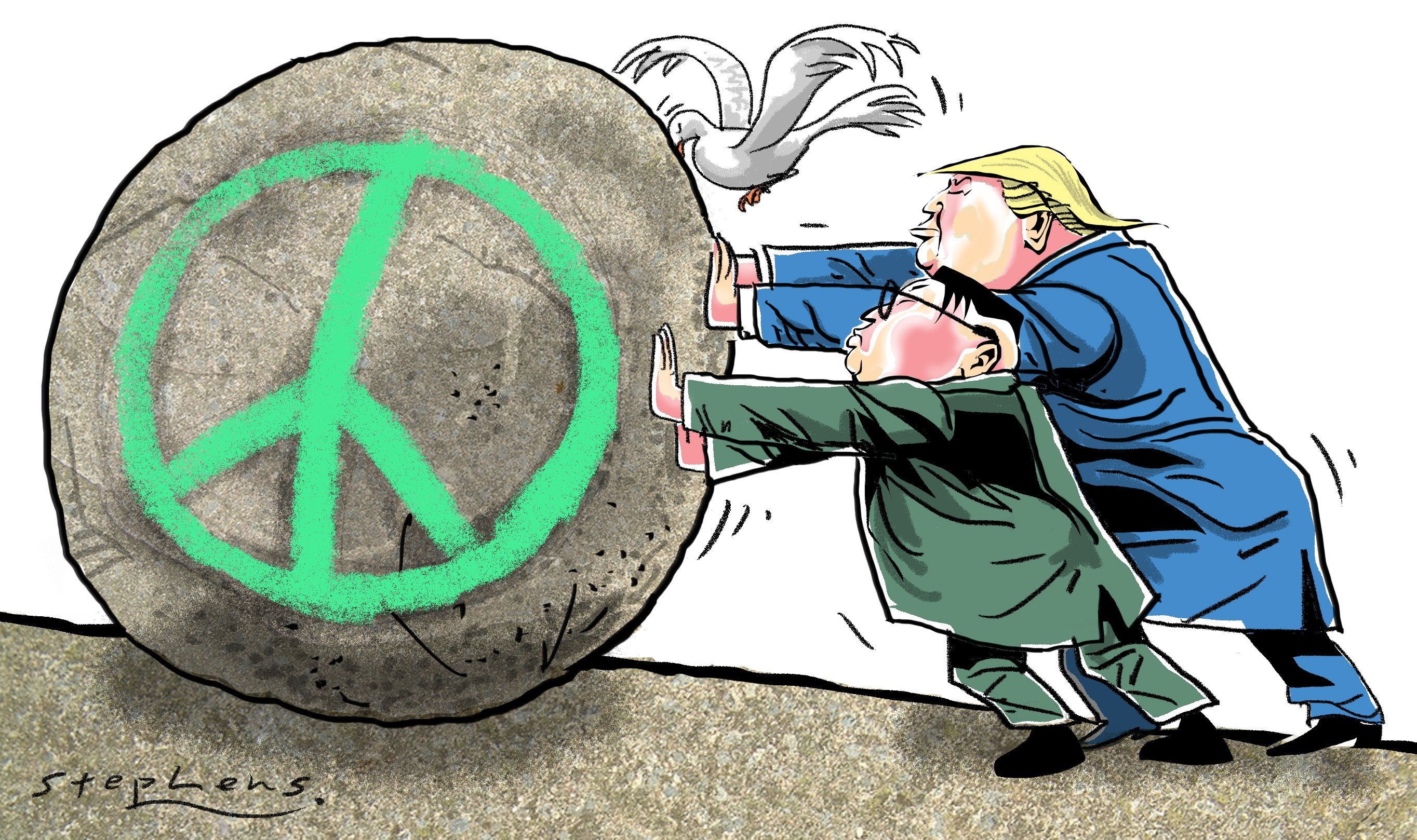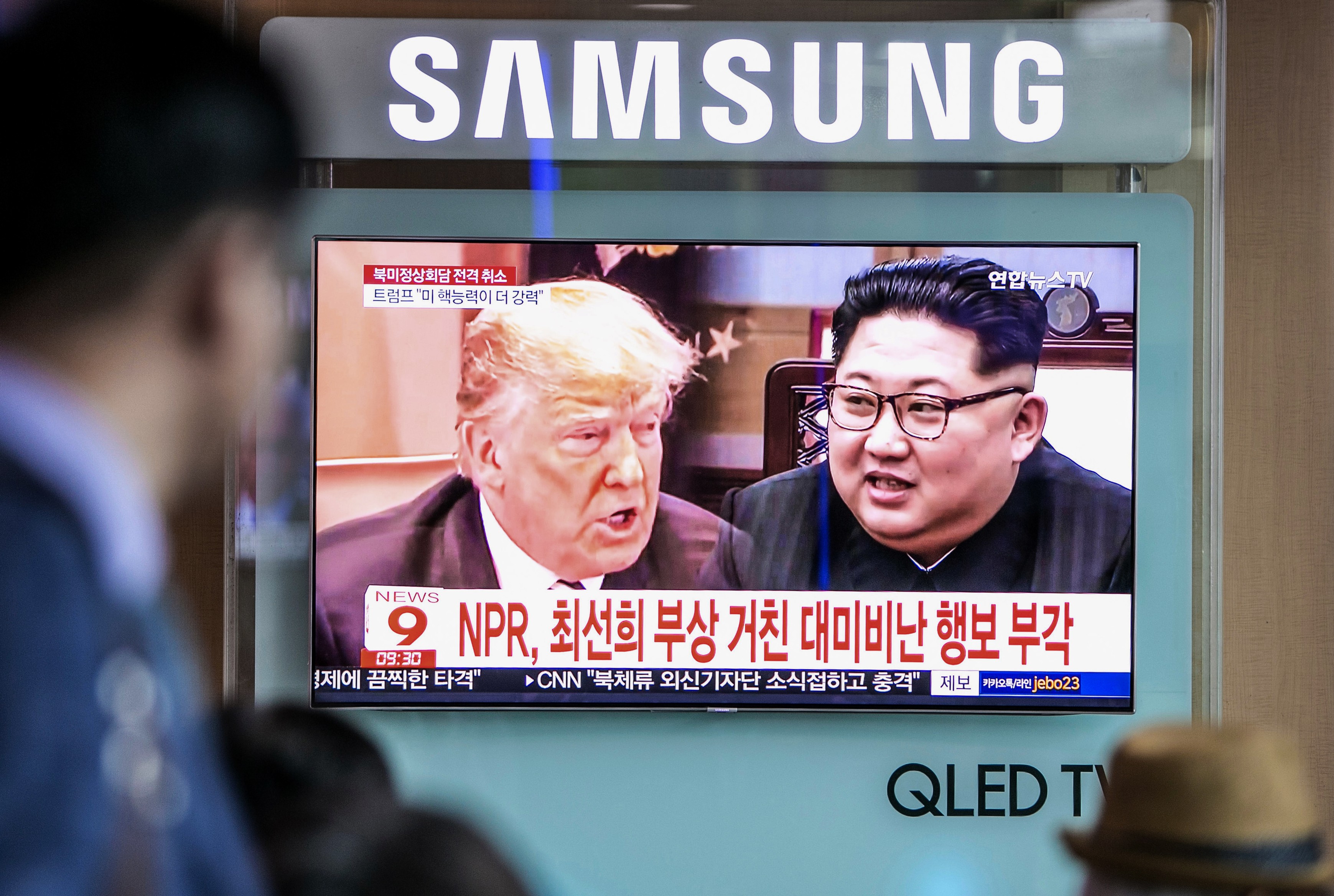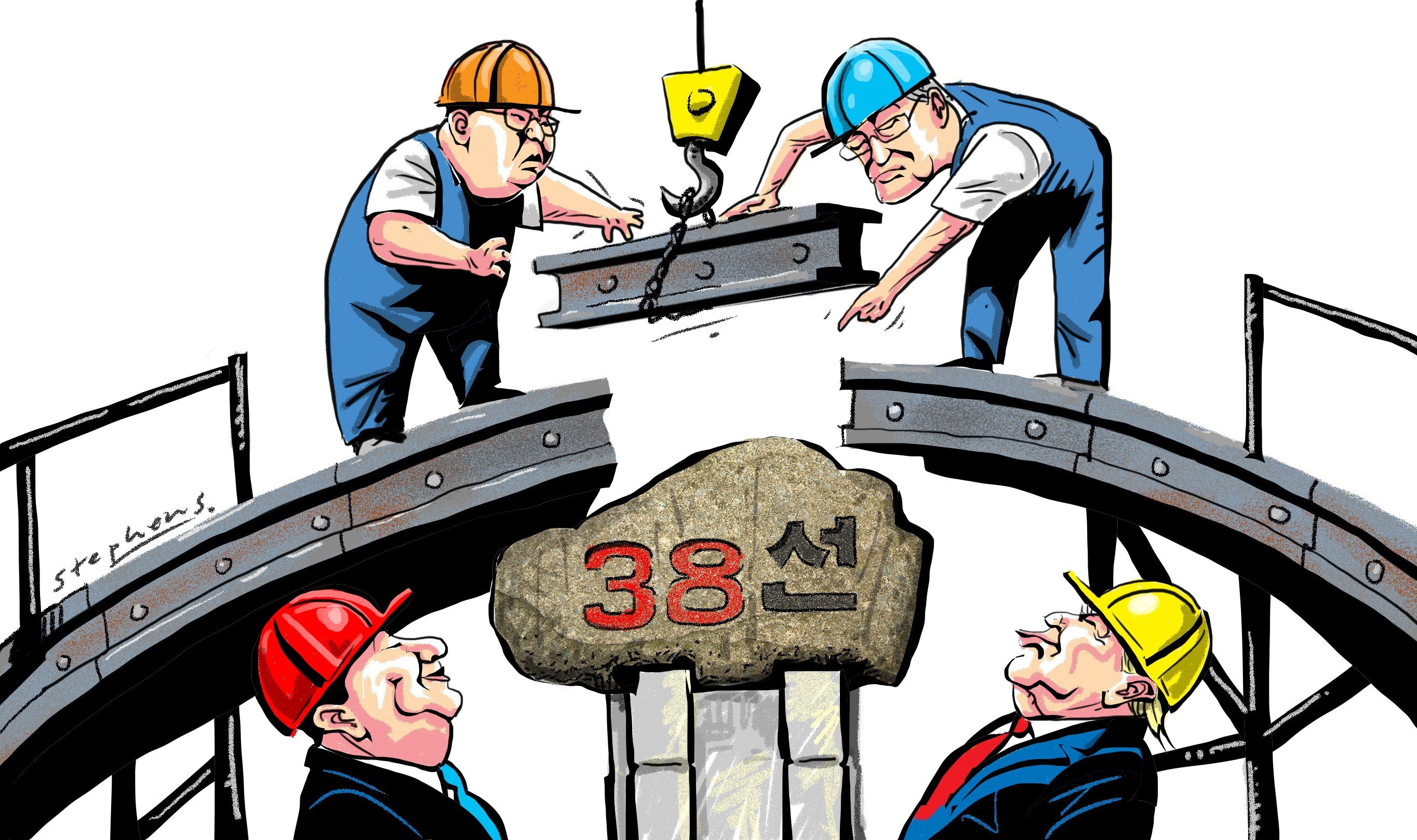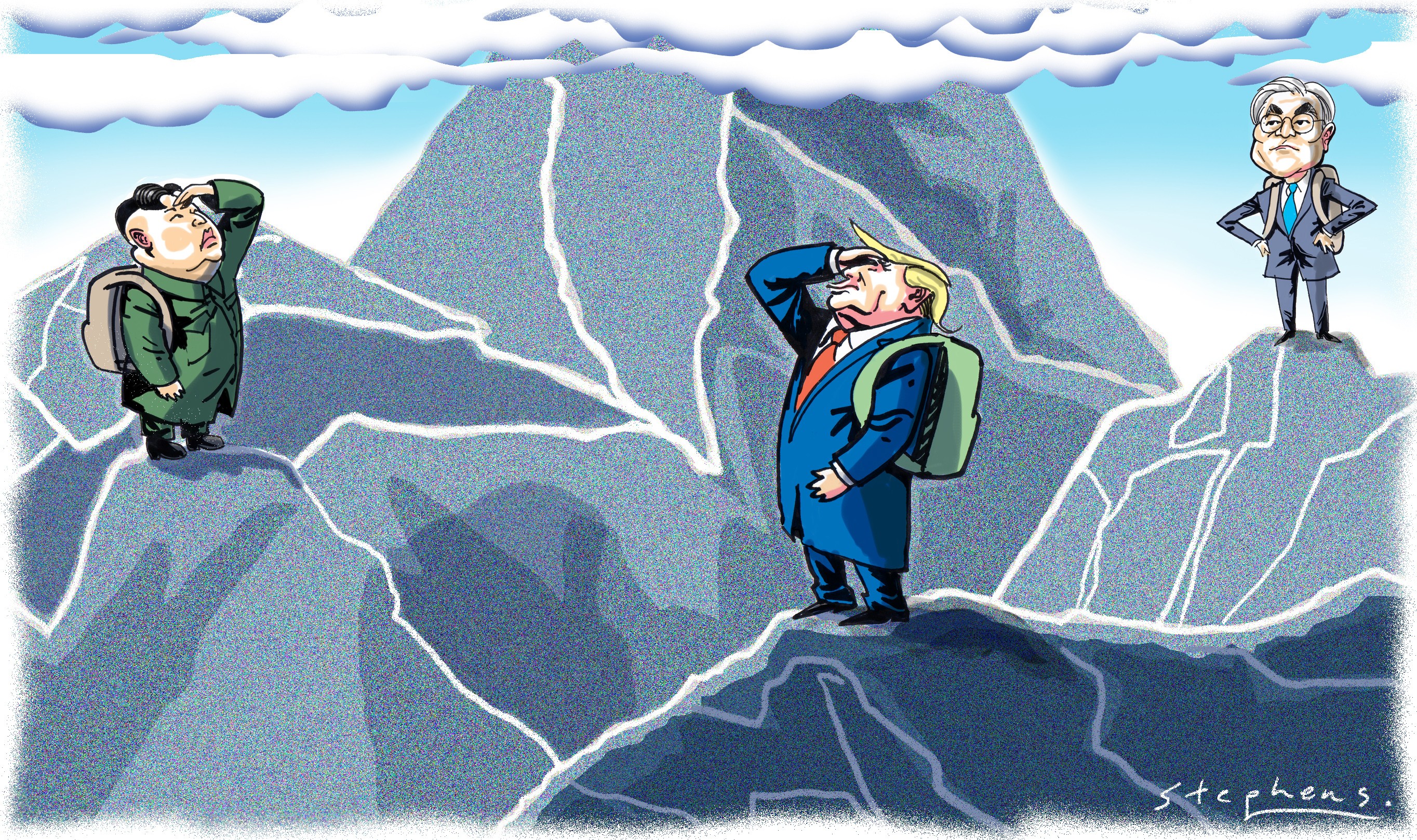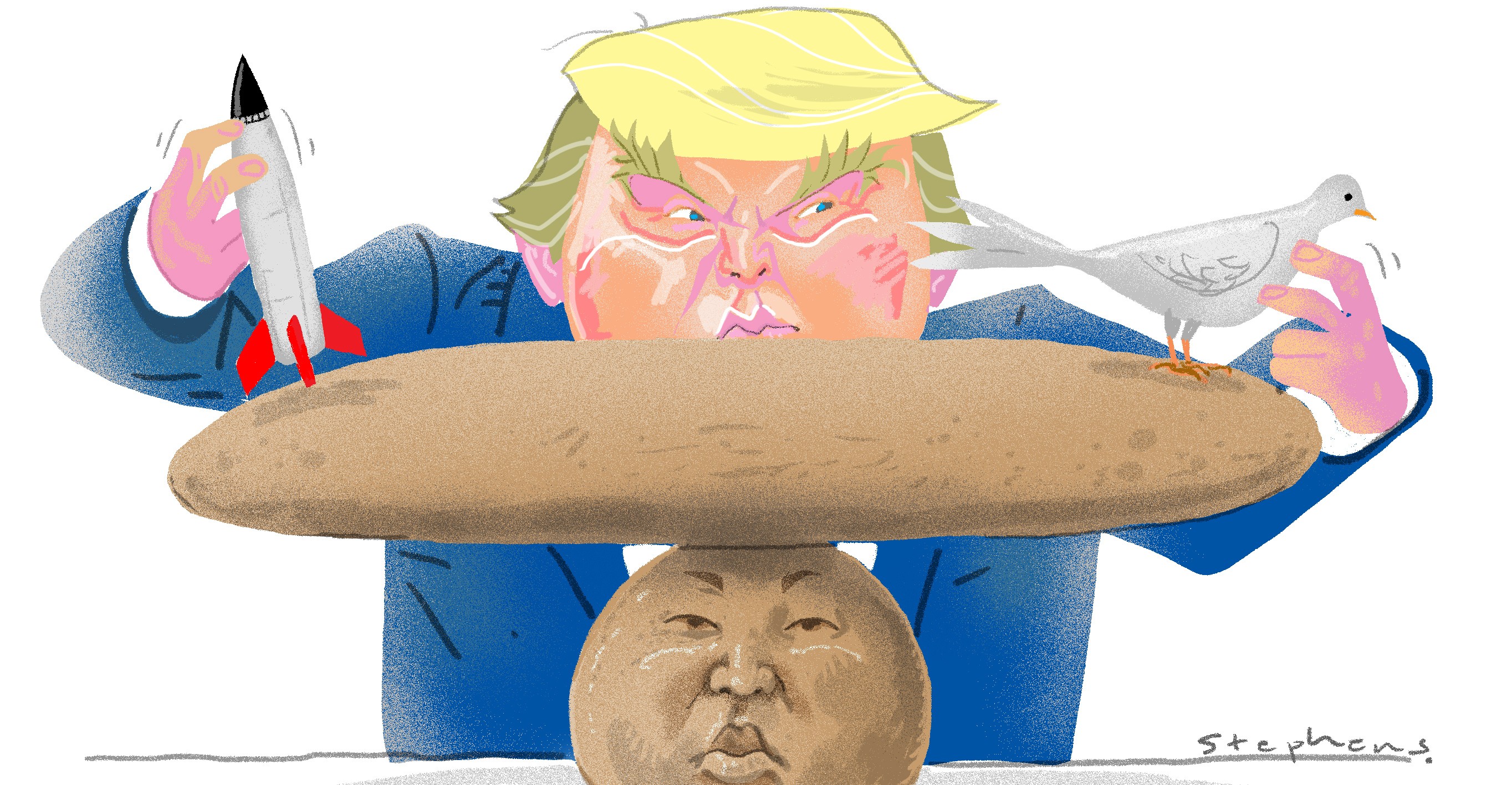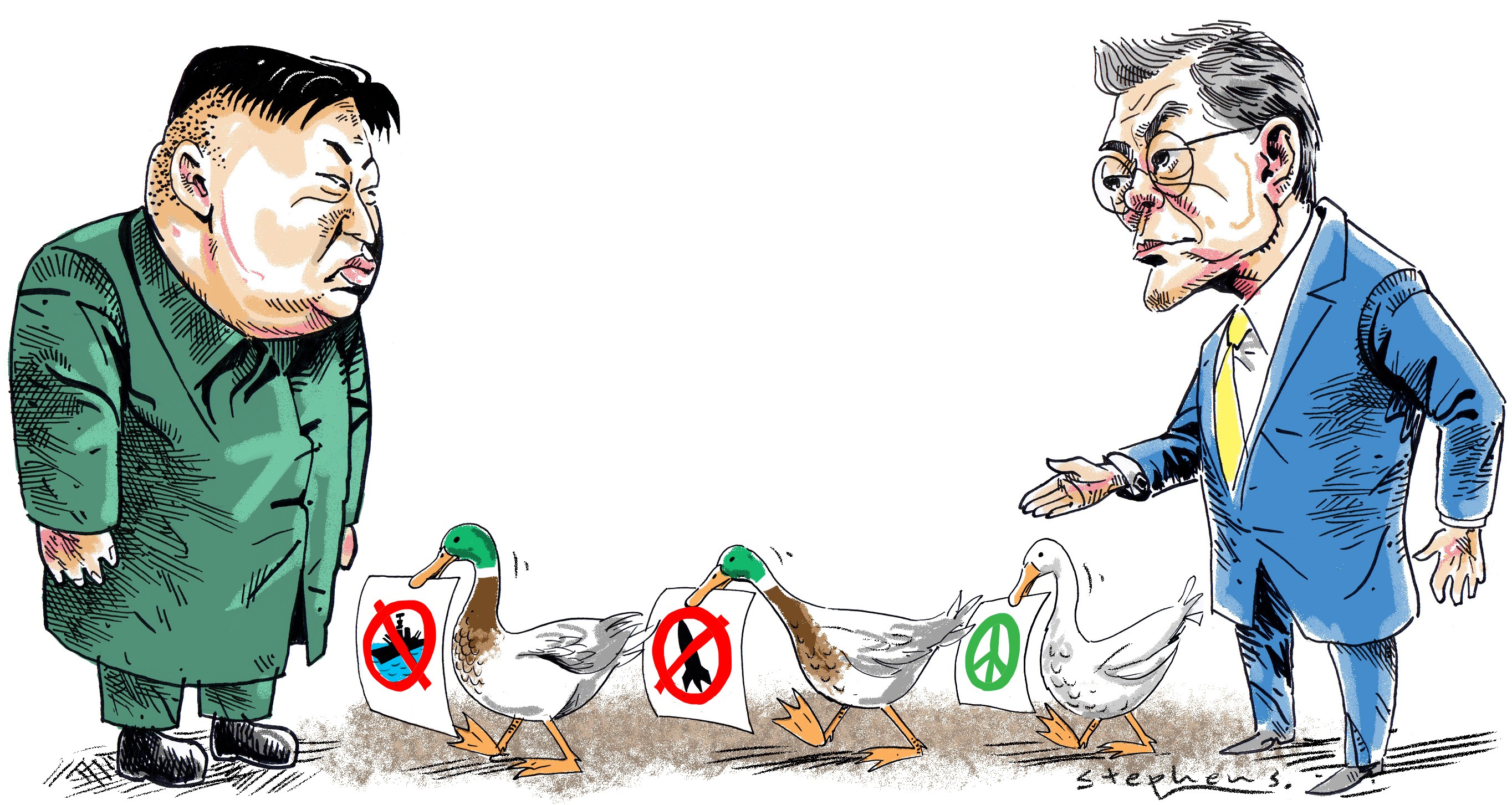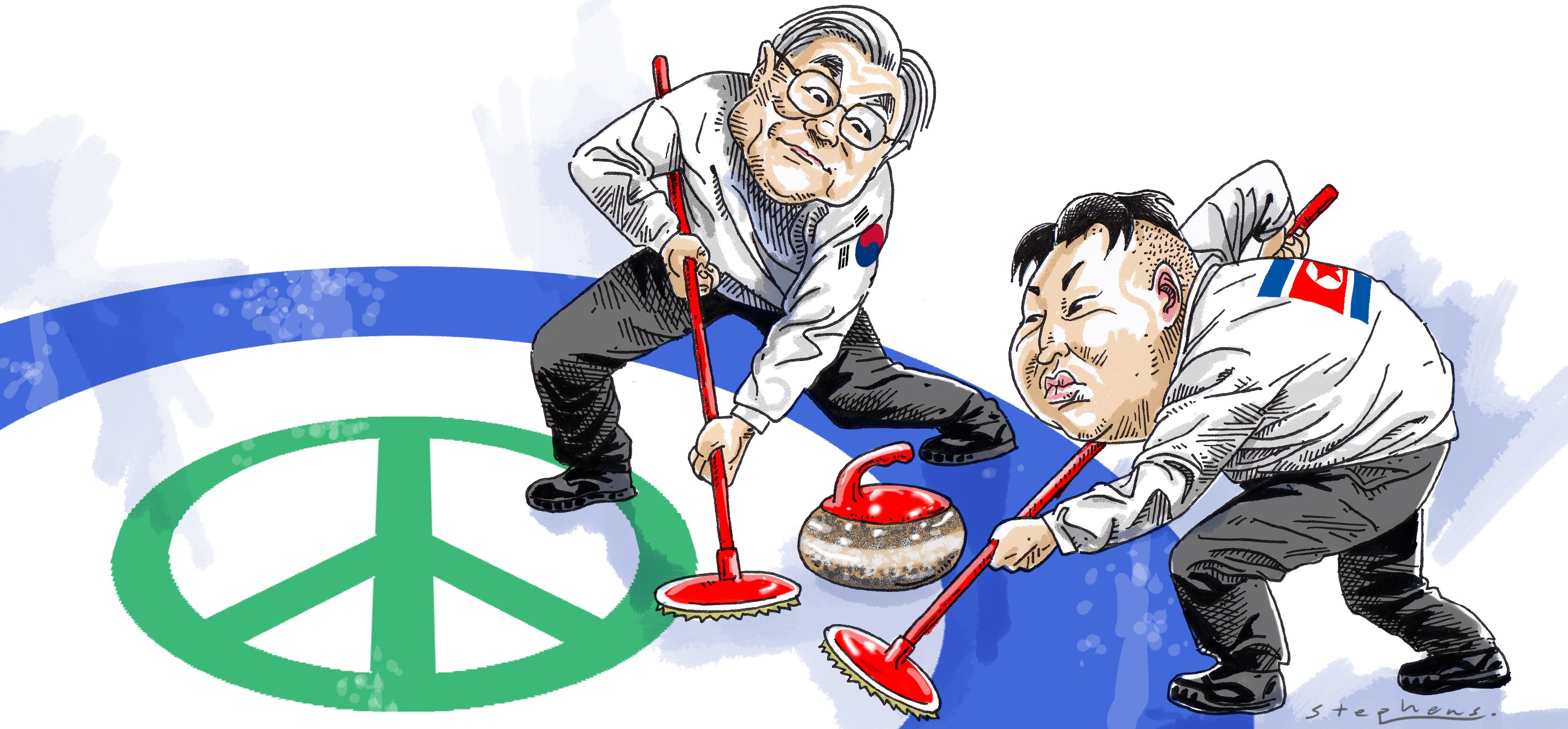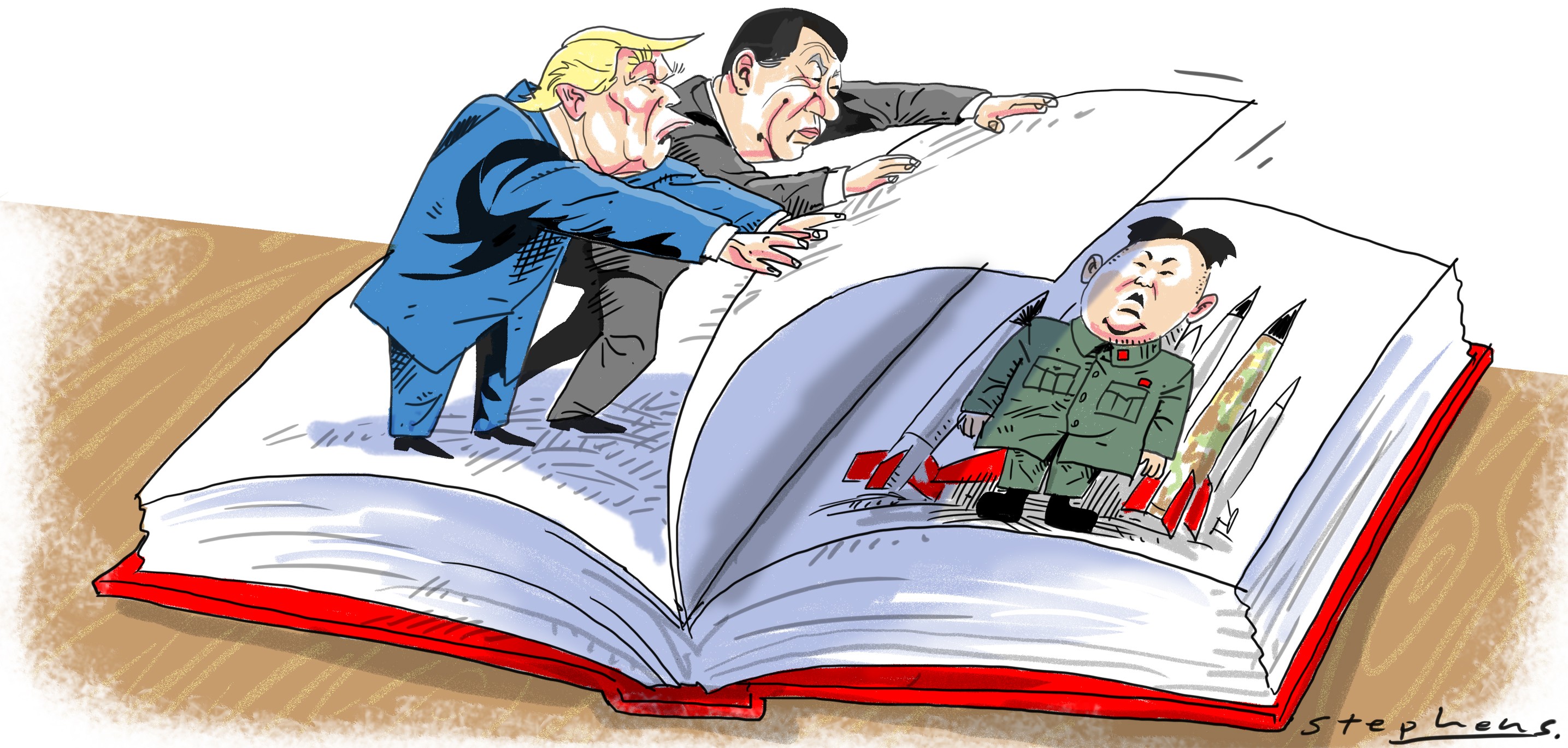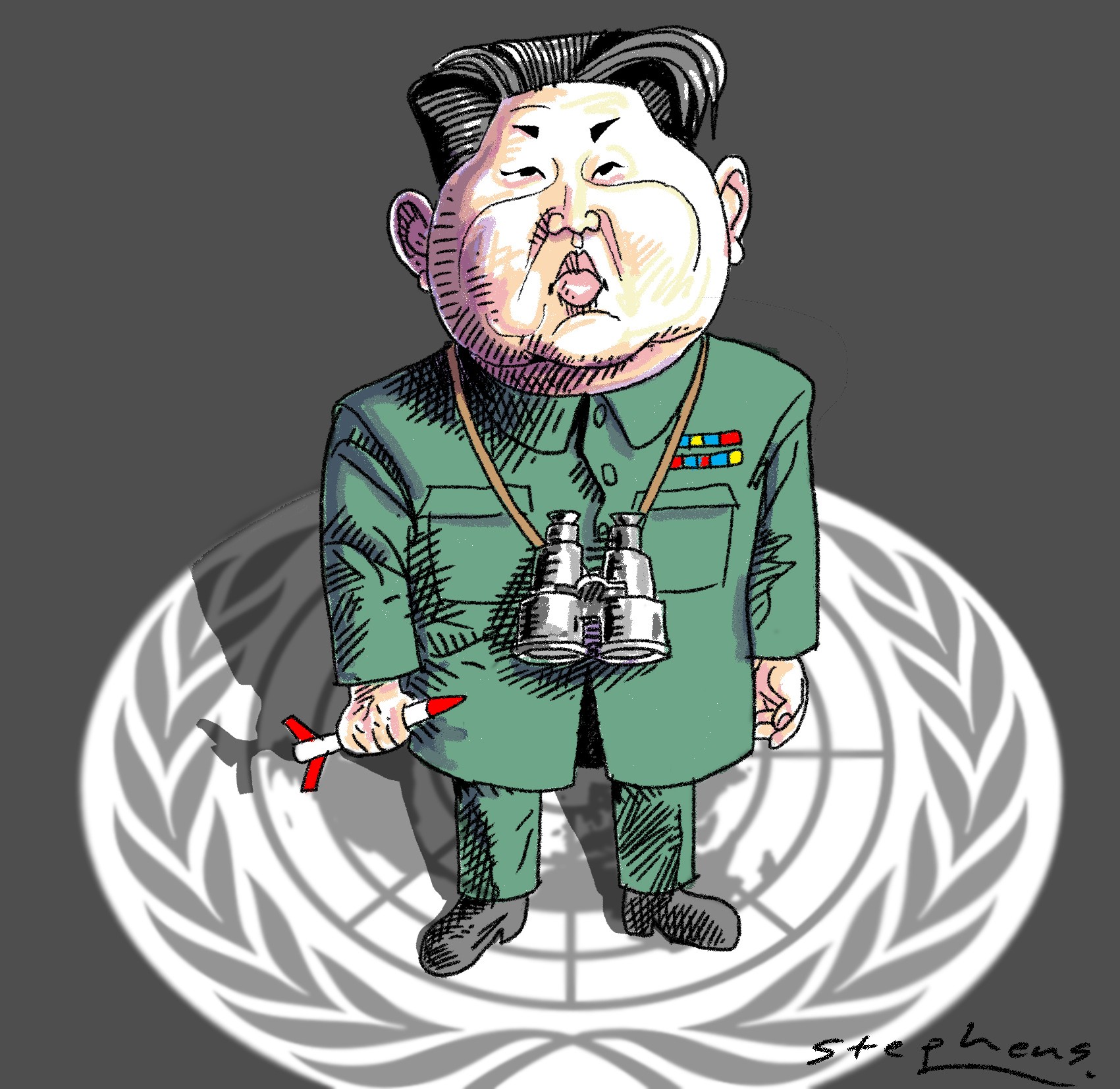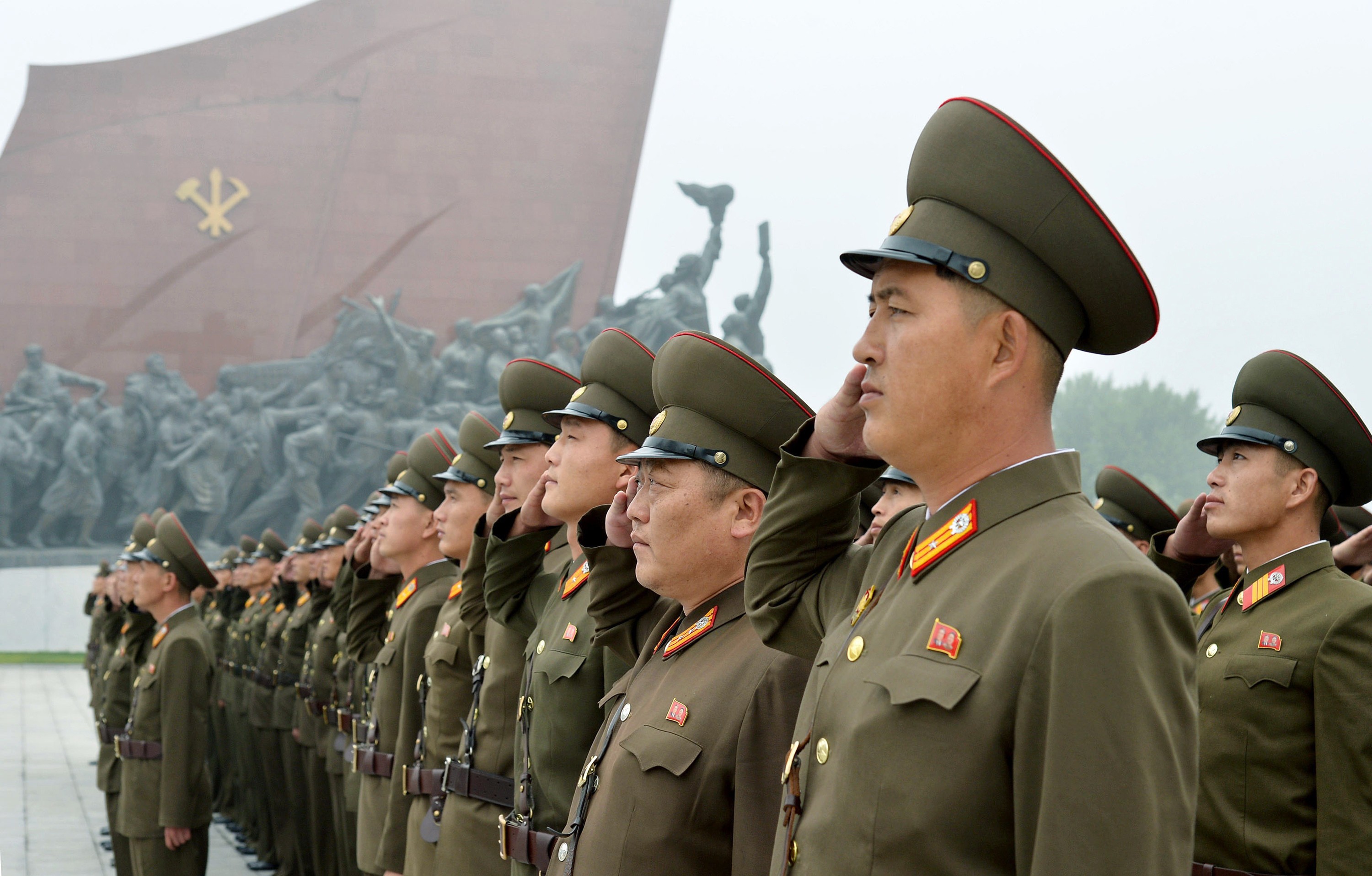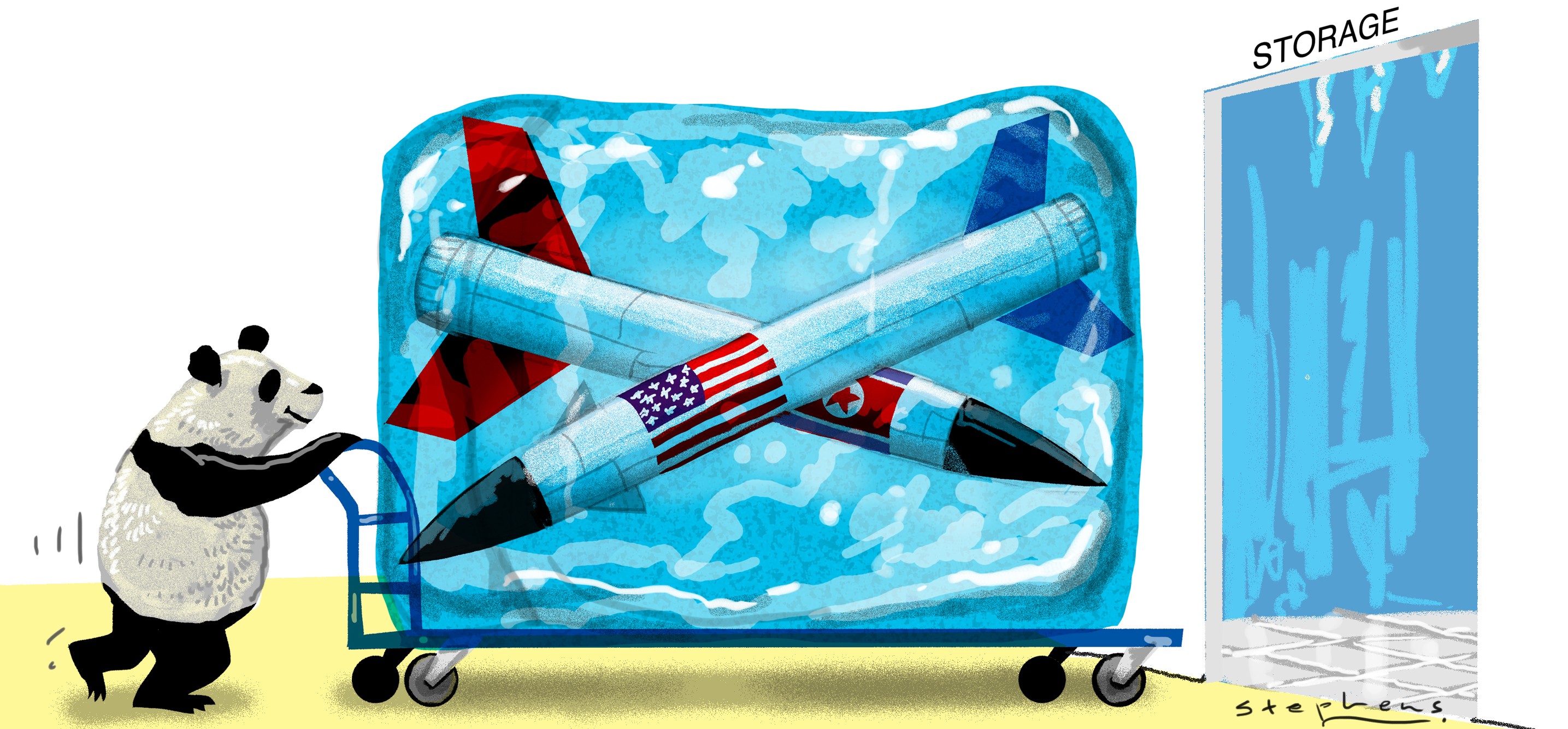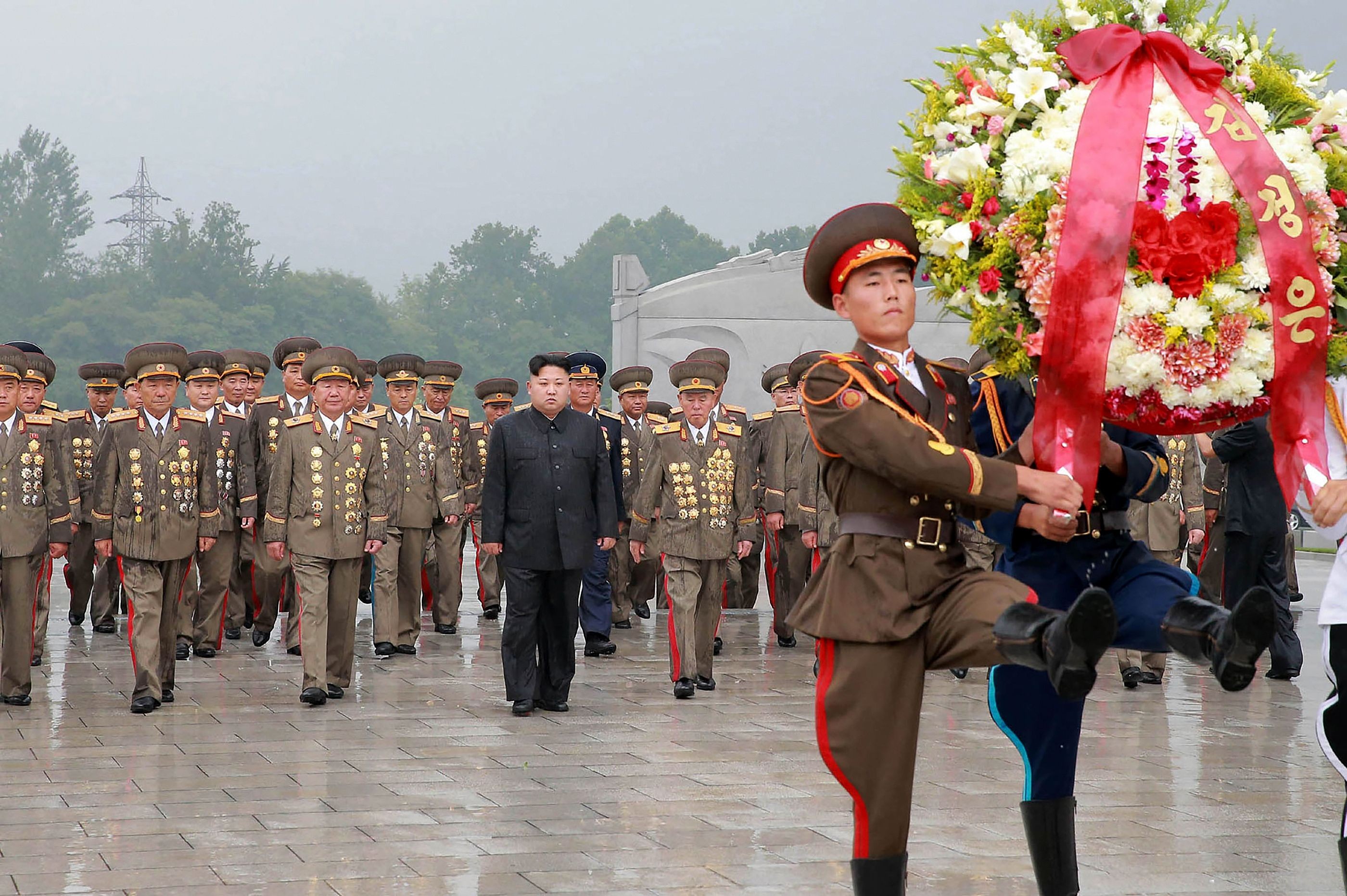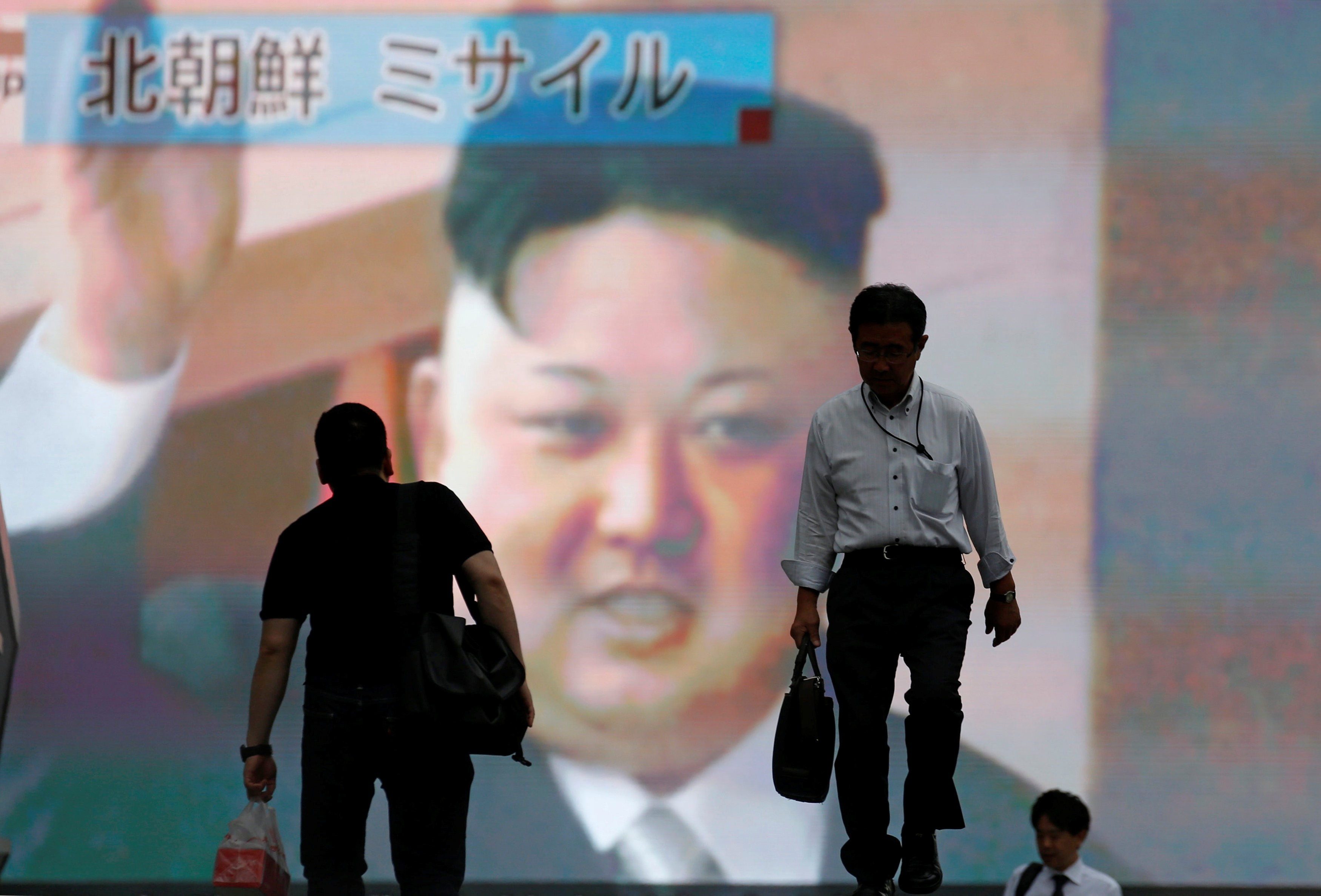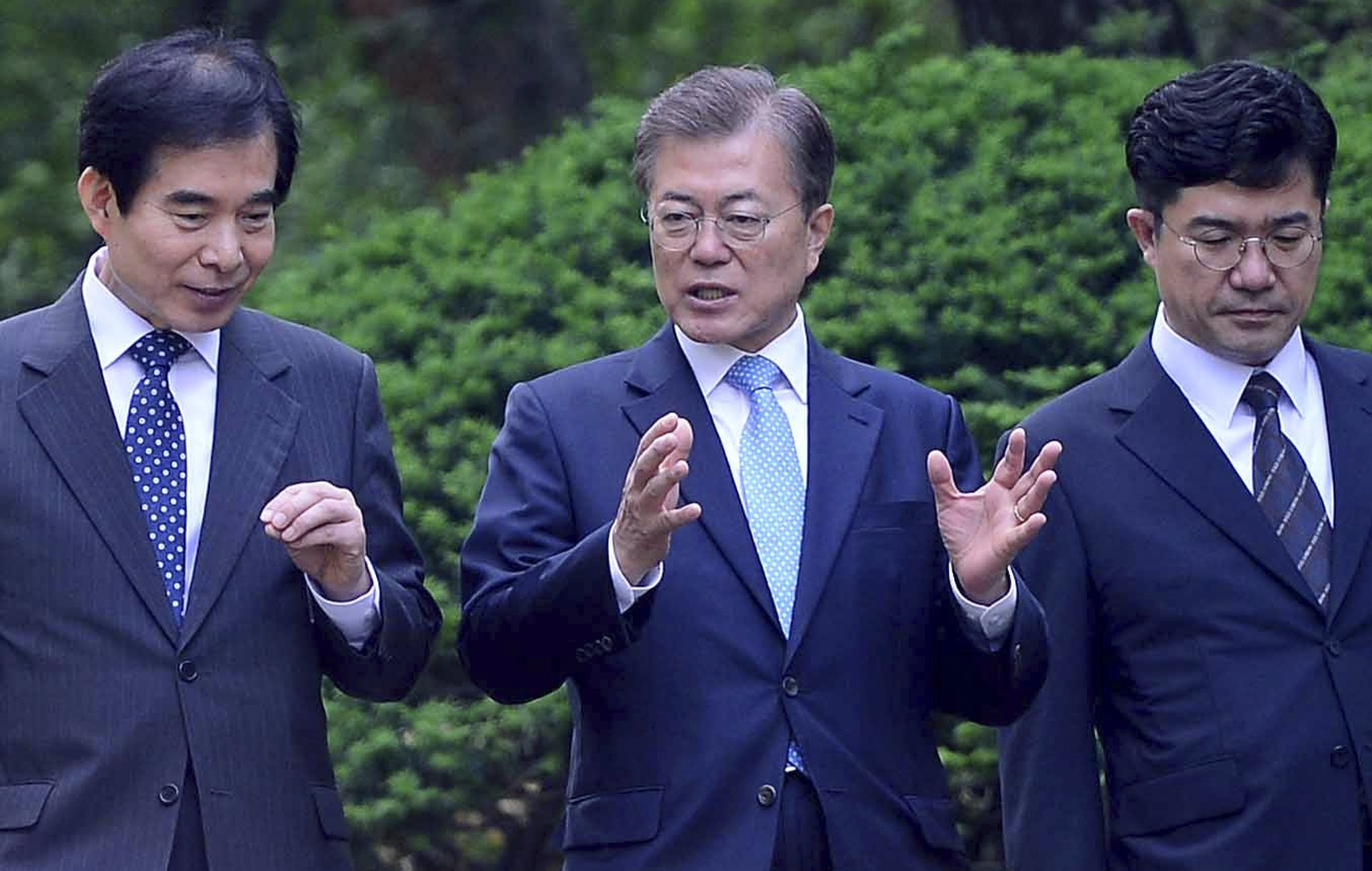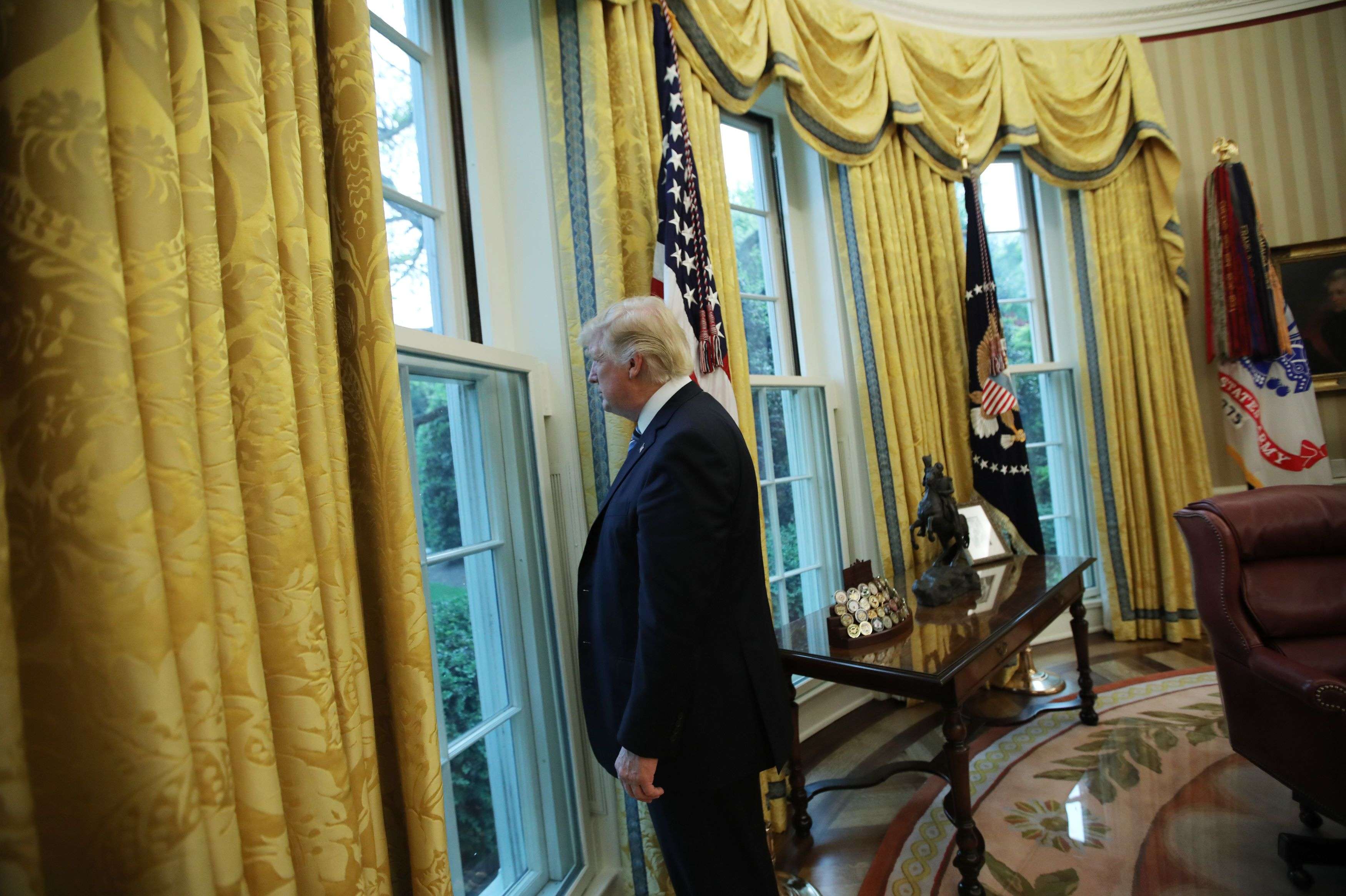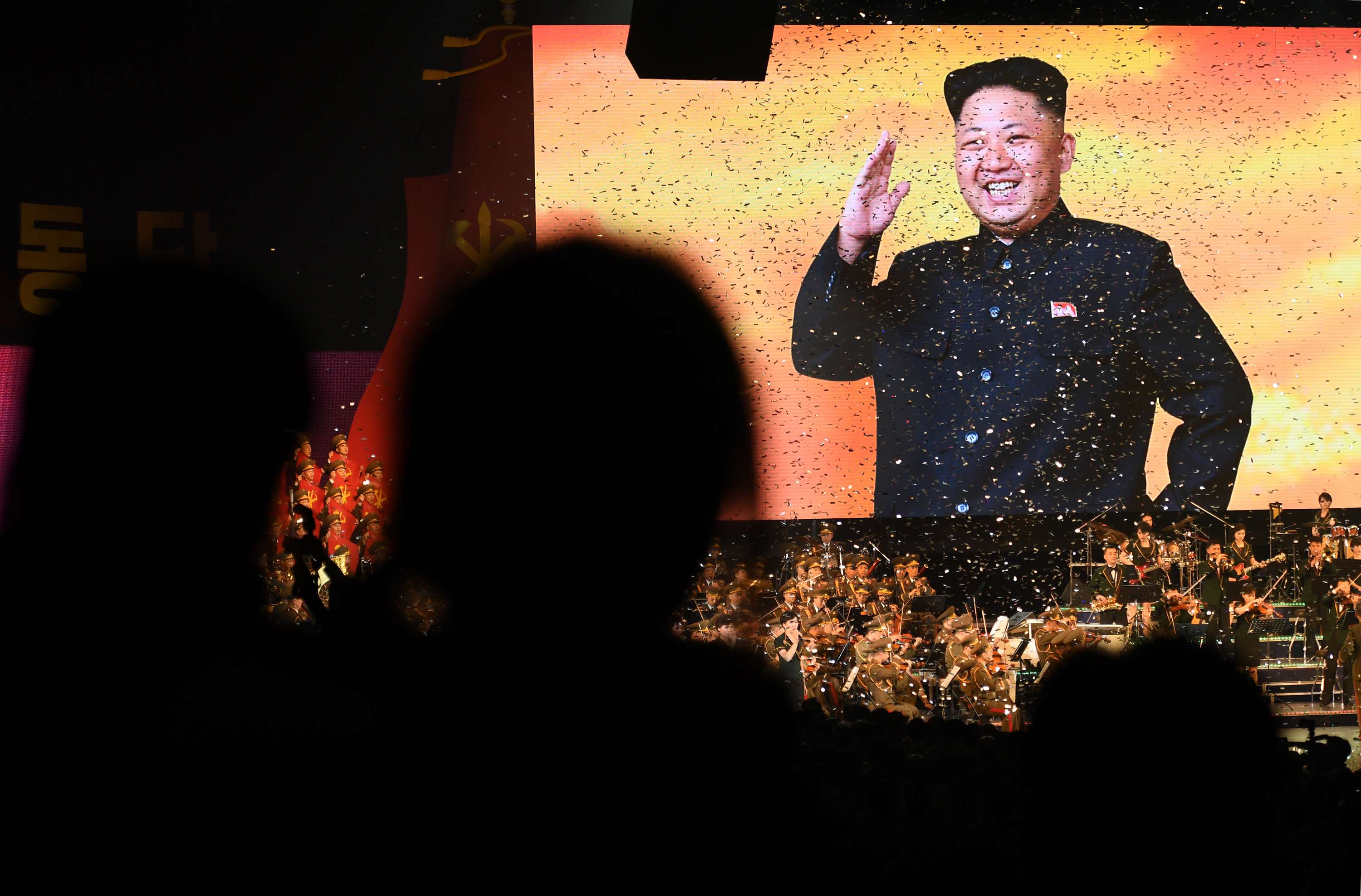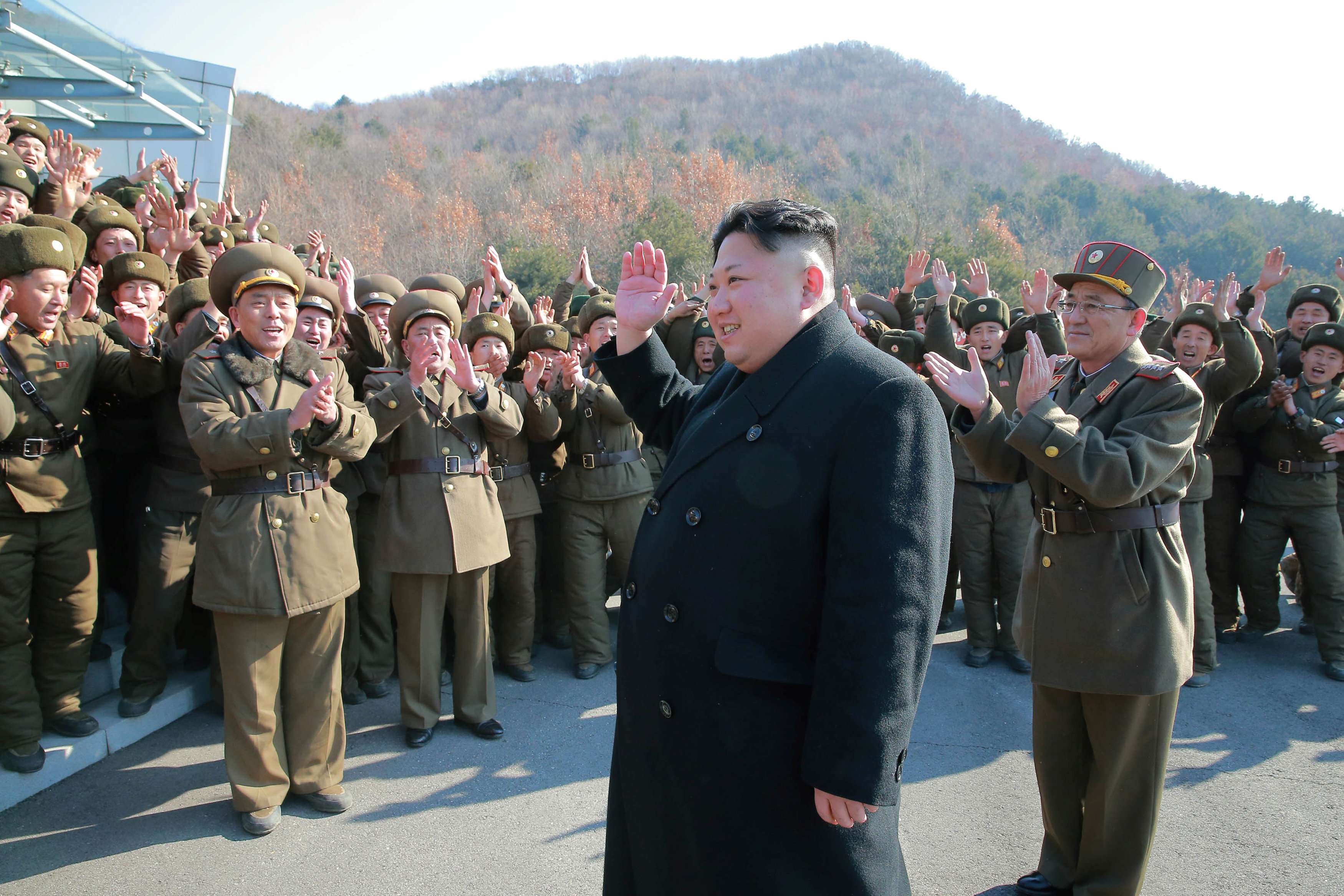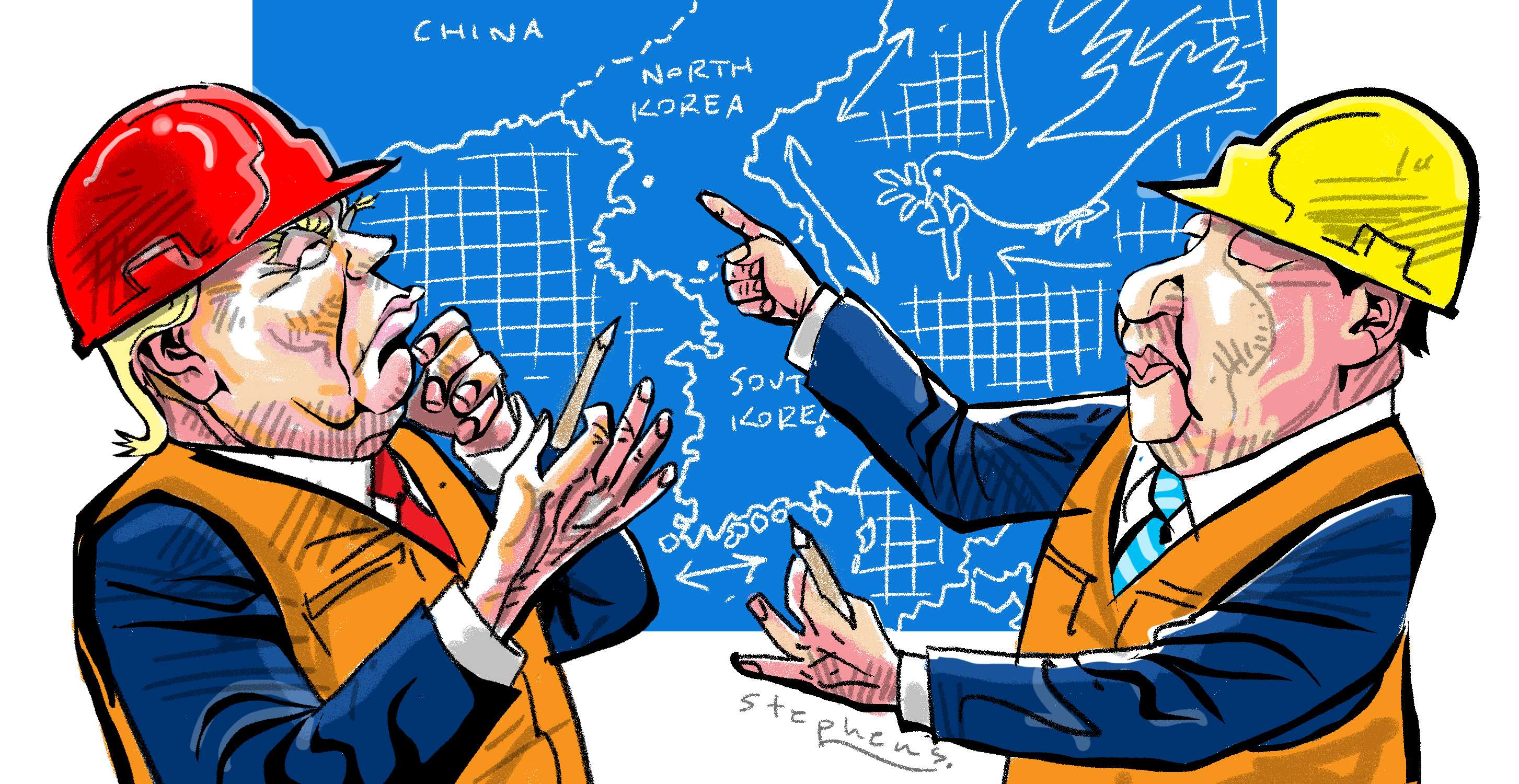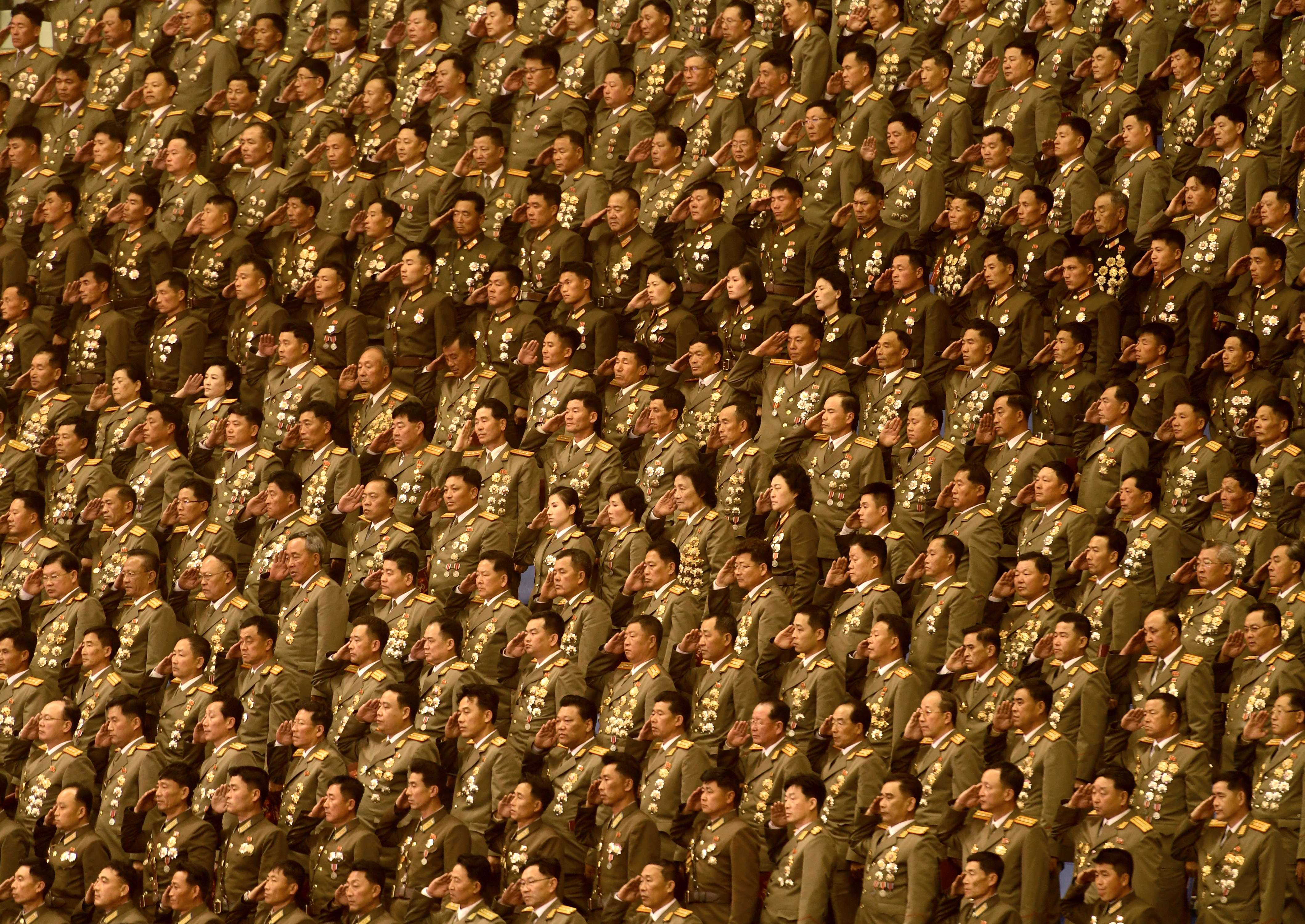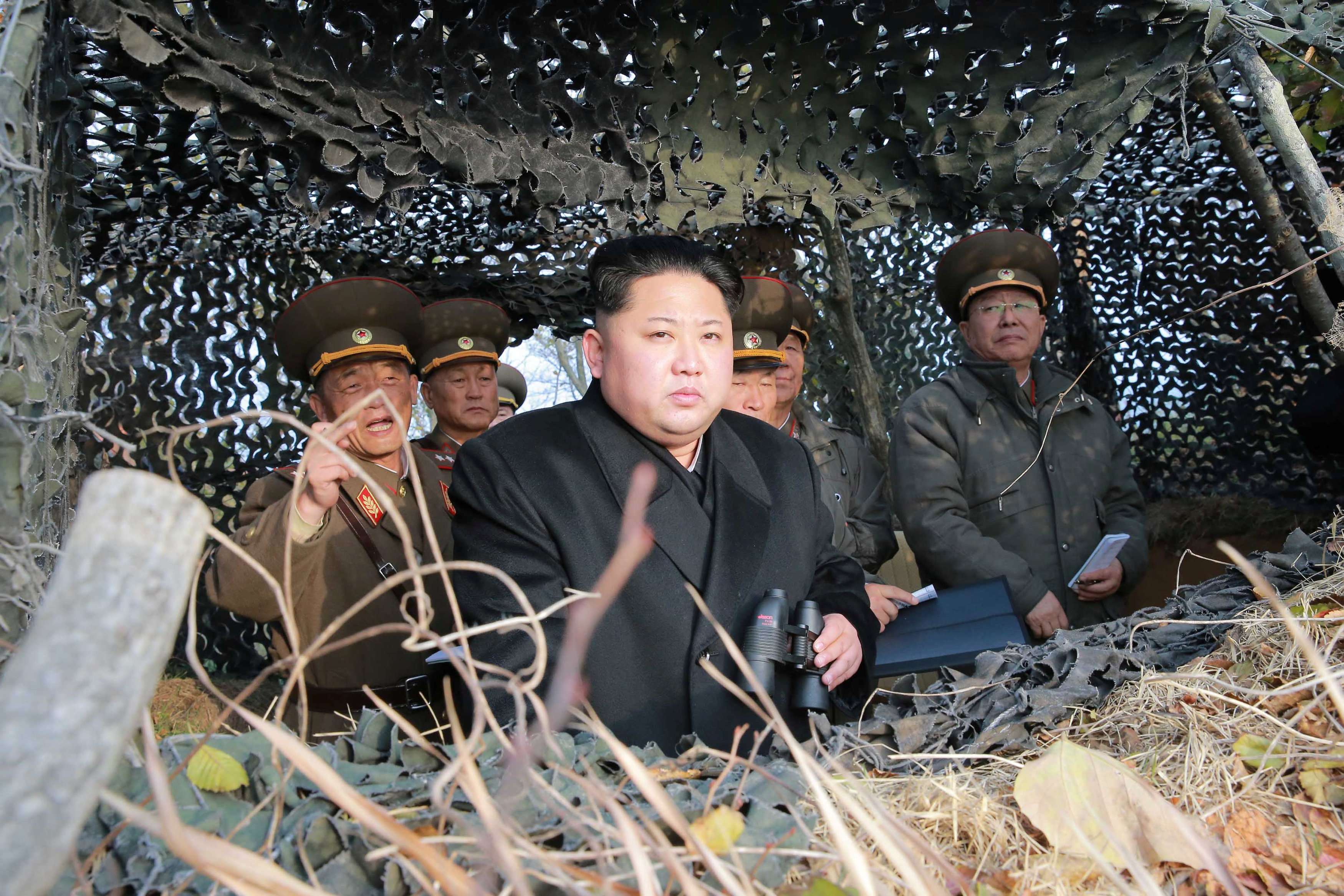Advertisement
Advertisement
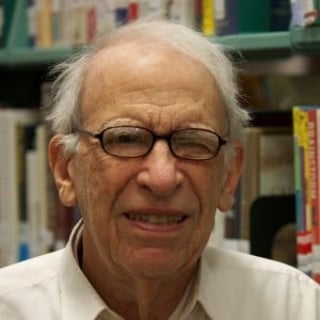
John Barry Kotch
John Barry Kotch lived and worked in Asia for more than a decade as an instructor at LG Academy and visiting professor at Hanyang University’s Graduate School of International Studies in Seoul. Earlier, he served with the UN Command as an intelligence adviser to the South Korean Air Force, as a State Department consultant on Korea and special assistant at the Agency for International Development in Washington, D.C. More recently, he was senior adviser and writer at the Pacific Basin Economic Council in Hong Kong. Dr Kotch holds an MBA in international business and a PhD in political science from Columbia University.
North Korea’s destruction of the inter-Korea liaison office in Kaesong dashed hopes that international diplomacy over the past few years was finally healing divisions. A dual-track approach is needed to defuse Pyongyang’s nuclear threat.
When the US invaded Iraq in 2003, North Korea’s Kim Jong-il went into hiding, fearing he may be targeted like Saddam Hussein. As US-Iran tensions escalate now, it is worth wondering what lesson Kim Jong-un has drawn from that episode.
Russia has been sidelined in the Korean peace process so long that it’s easy to forget its historical role on the peninsula. The Kim-Putin meeting was a reminder of the major role Moscow could again play.
To get the peace process back on track, the US and North Korea need to link denuclearisation to a peace mechanism involving multilateral security guarantees. Essentially, the US and China would need to reach an understanding on the Koreas.
Advertisement
Vietnam’s recovery from civil war may offer lessons on the way forward for not just an end to North Korea’s nuclear programme, but also a new security arrangement for the Korean peninsula. There’s just one complication: the US.
The North Korean nuclear negotiations are complicated by Pyongyang’s call for the removal of the US nuclear umbrella from the Korean peninsula. Chinese President Xi Jinping and US President Donald Trump are also wild cards in the talks.
The outcome of the US midterm elections will determine whether Trump’s ‘America first’ foreign policy and trade war will continue unabated.
Washington must consider concrete steps that would convince North Korea to denuclearise, such as gradual sanctions relief, removal of the UN Command or working towards diplomatic relations.
North Korea’s demand for a peace treaty ending the Korean war is worth discussion, but not as a precondition to denuclearisation. An agreement to terminate the UN Command might, however, be a better starting point.
The initial excitement over the summits on the Korean peninsula resulted in little concrete action, but progress can still be made by working towards demilitarisation alongside denuclearisation.
A peace treaty could relieve the Korean peninsula of its tensions, and a series of confidence- and trust-building measures could produce denuclearisation and end the need for the UN command there. The process, however, would almost certainly be gradual
There are several reasons for the cancellation of the Trump-Kim summit, from too many voices on the US side to gaps in expectations between Washington and both Koreas. However, negotiations can resume after a ‘cooling-off’ period
The original Korean division was the product of a poorly thought-out American policy, and that the summits between the two Koreas and then between Kim Jong-un and Donald Trump provide opportunities to rectify this mistake.
Security, symbolism and the anticipated substance of the meeting will determine the selection of a venue for the Trump-Kim summit.
The upcoming summit between the US president and the North Korean leader can be productive without falling into Kim Jong-un’s trap, if practical steps and ongoing meetings are put to good use.
If a summit of the two Koreas is to succeed where others have failed, negotiations must go beyond the basis of ‘no testing, no exercises’ to consider US deployment in South Korea.
There are precedents for de-escalation in the North Korean nuclear crisis that can be pursued if the two Koreas, plus China and the US, are willing to seize them, and the Pyeongchang Olympics may be the venue to start this process.
The UN has been a central player in Korean affairs since 1948, and the major powers that are the permanent members of its Security Council have experience in brokering the Iran nuclear deal.

